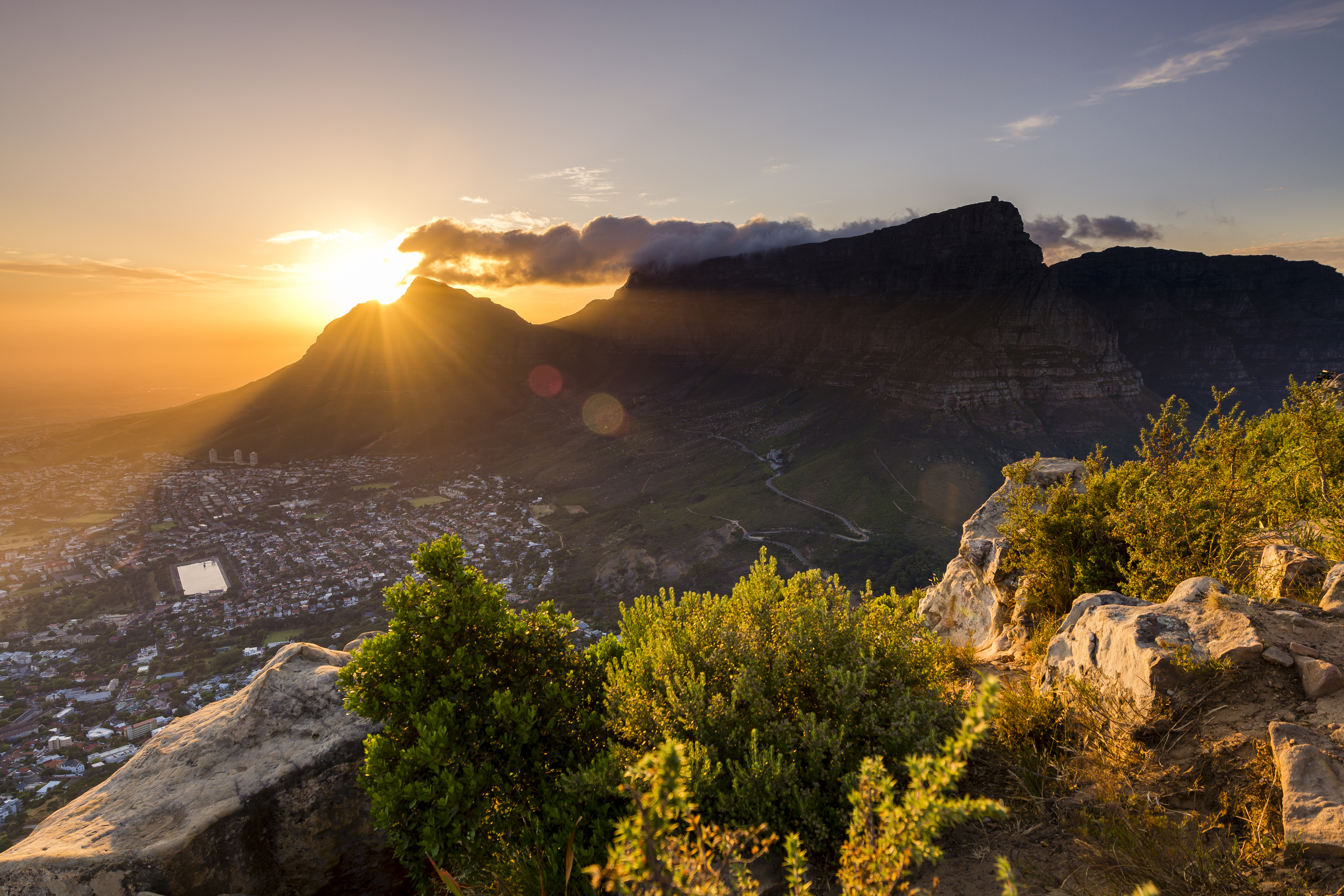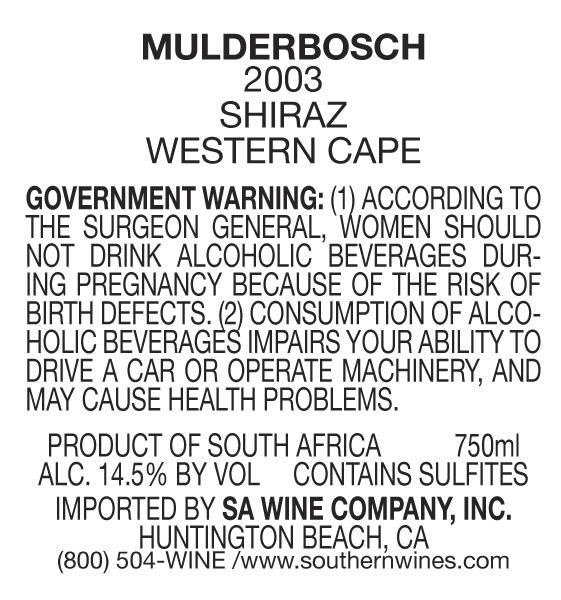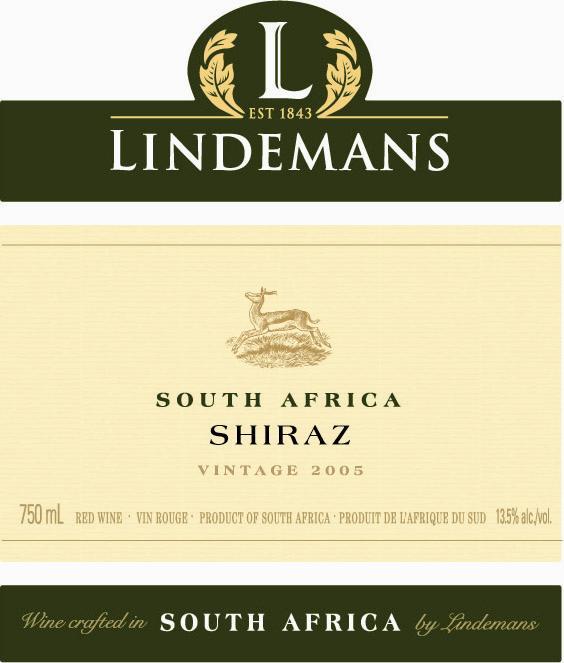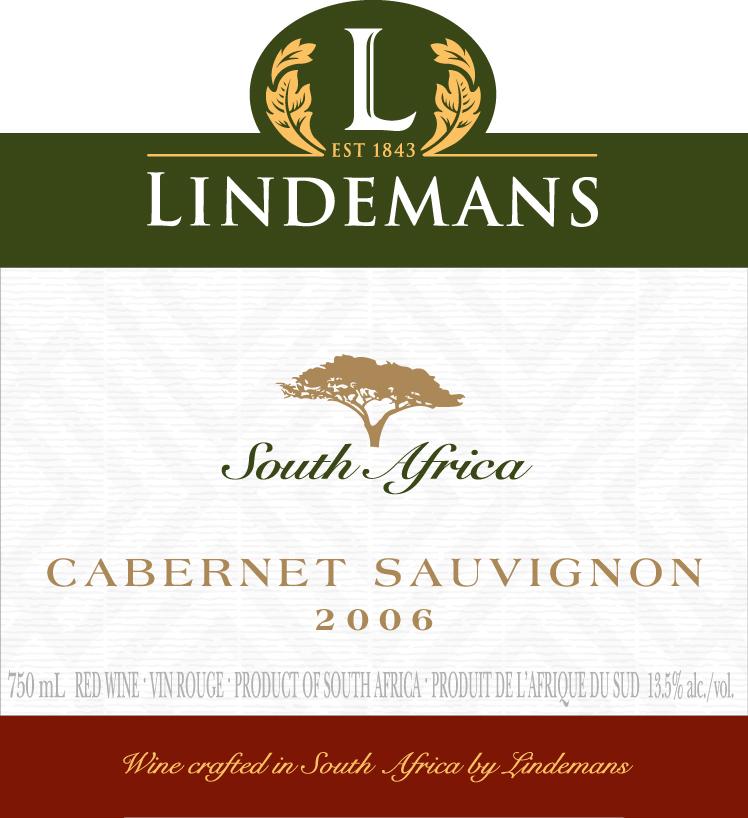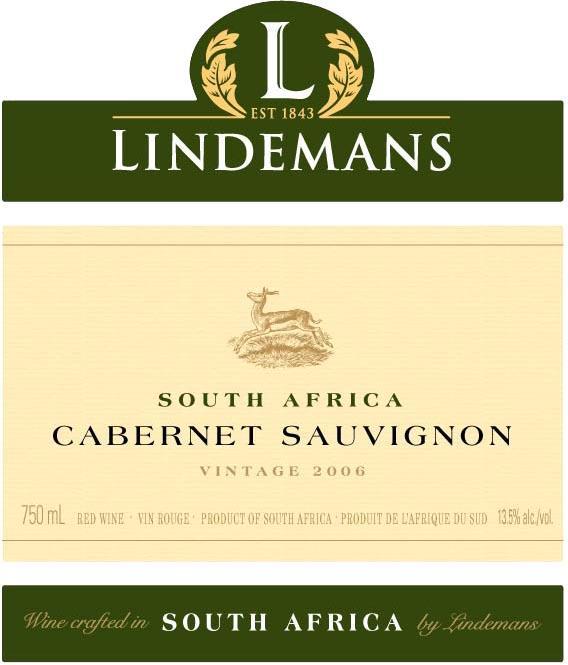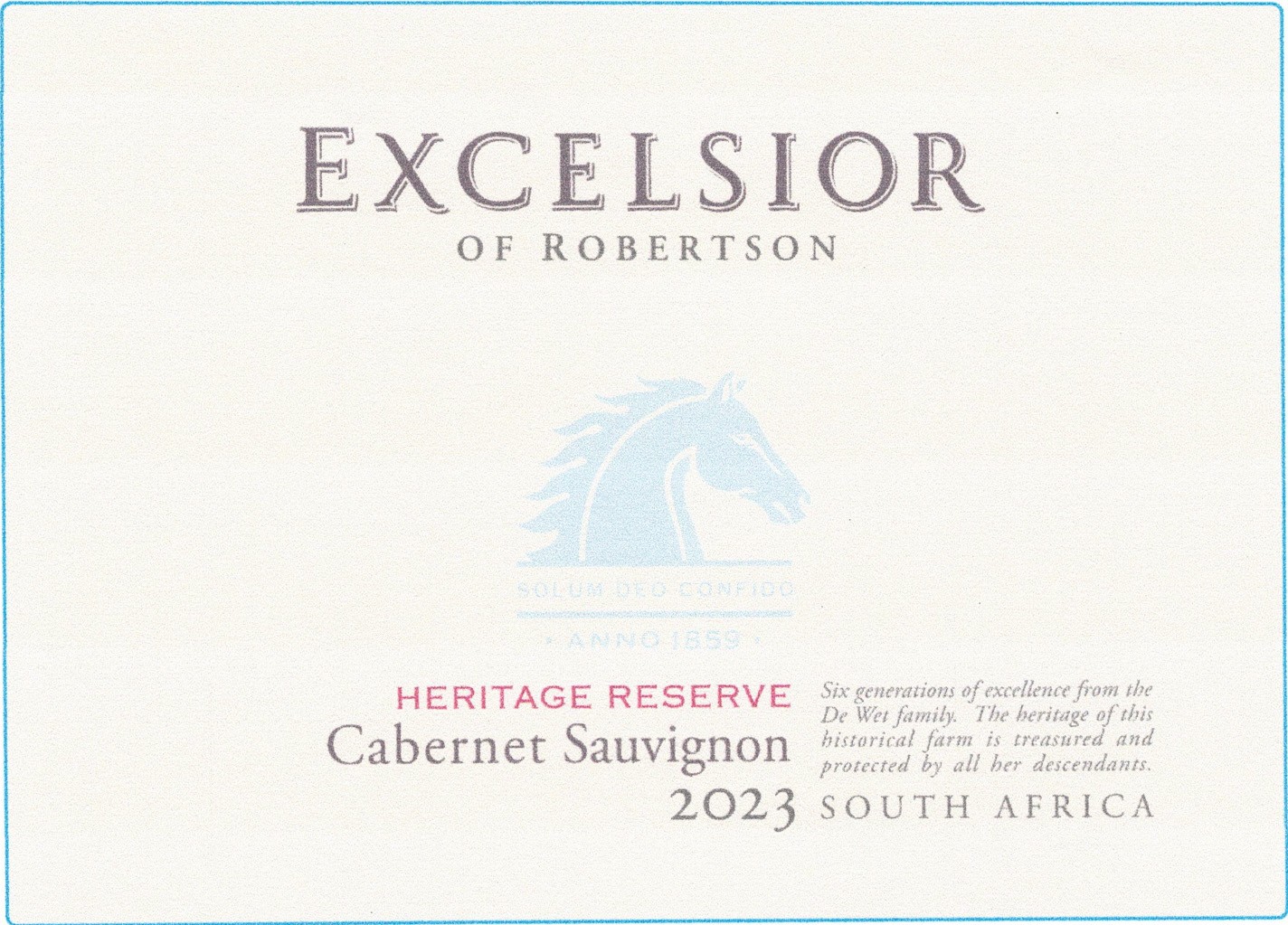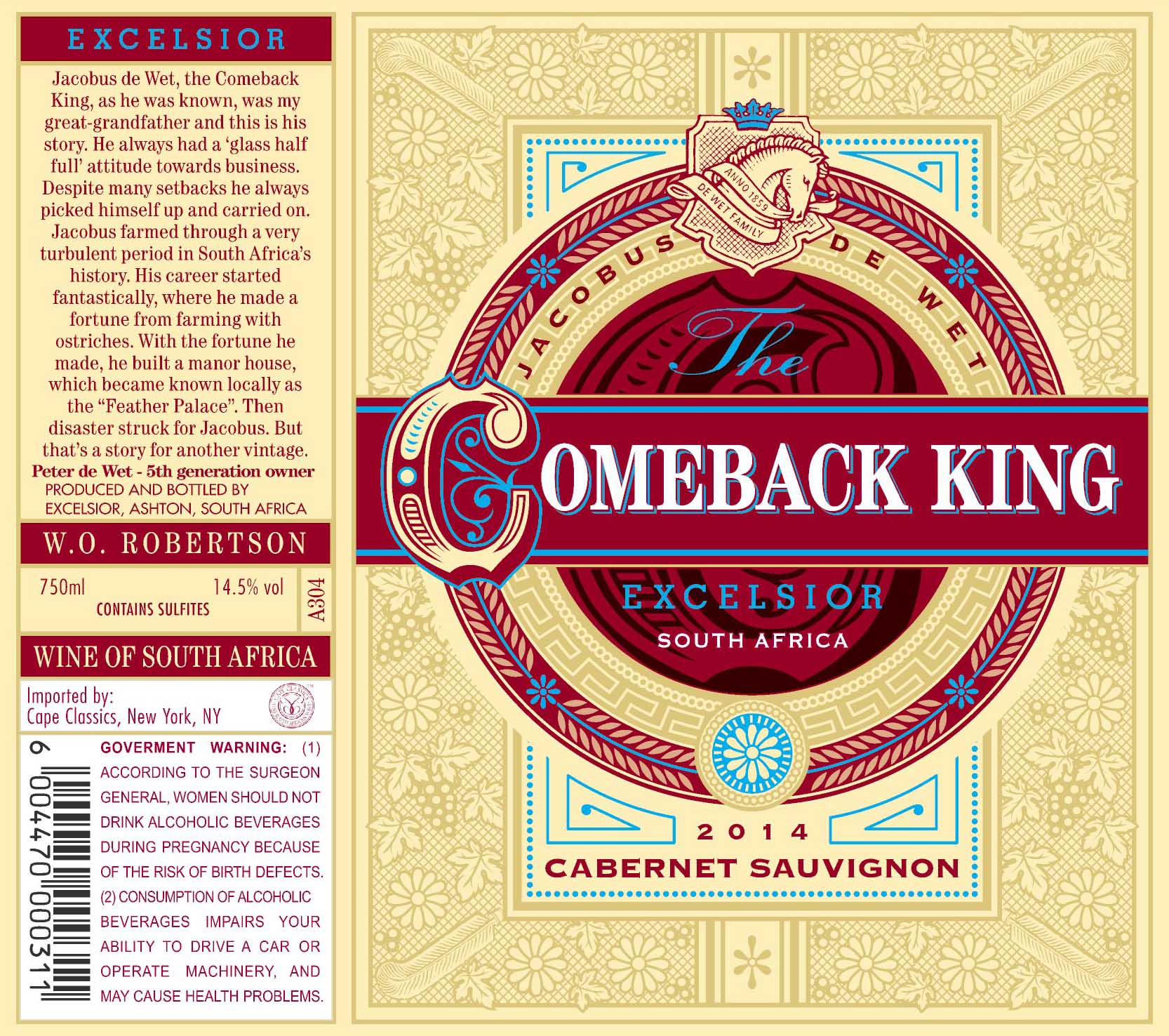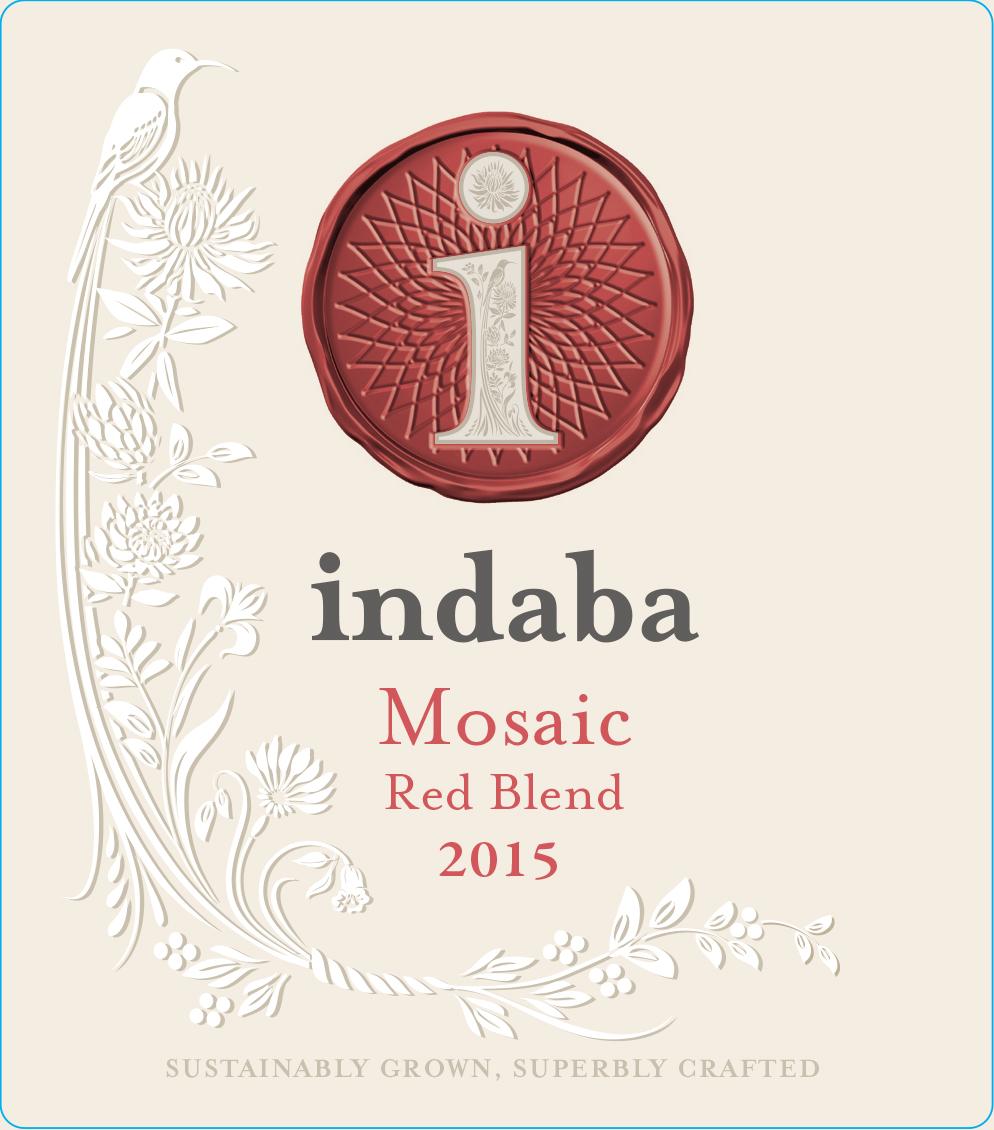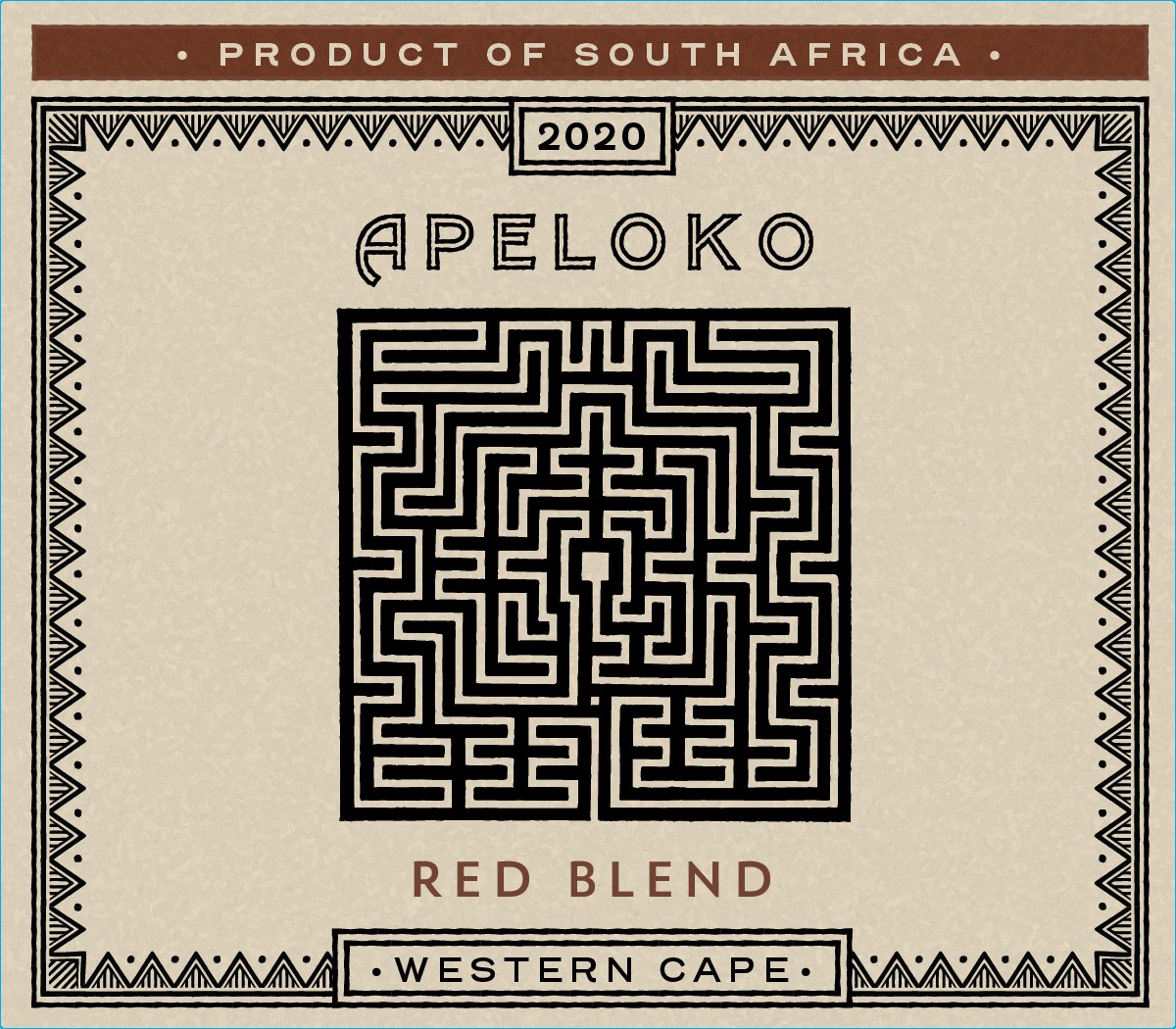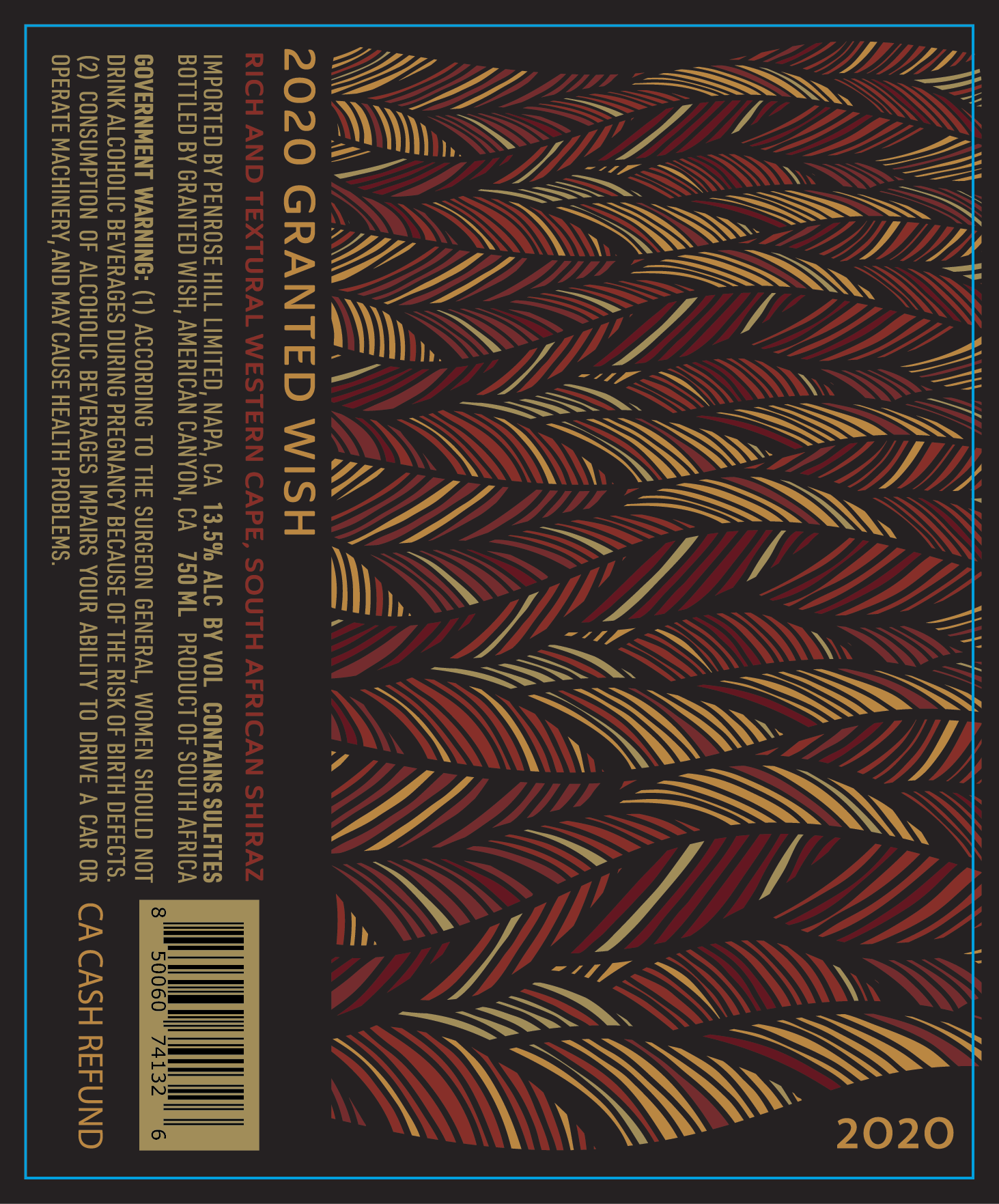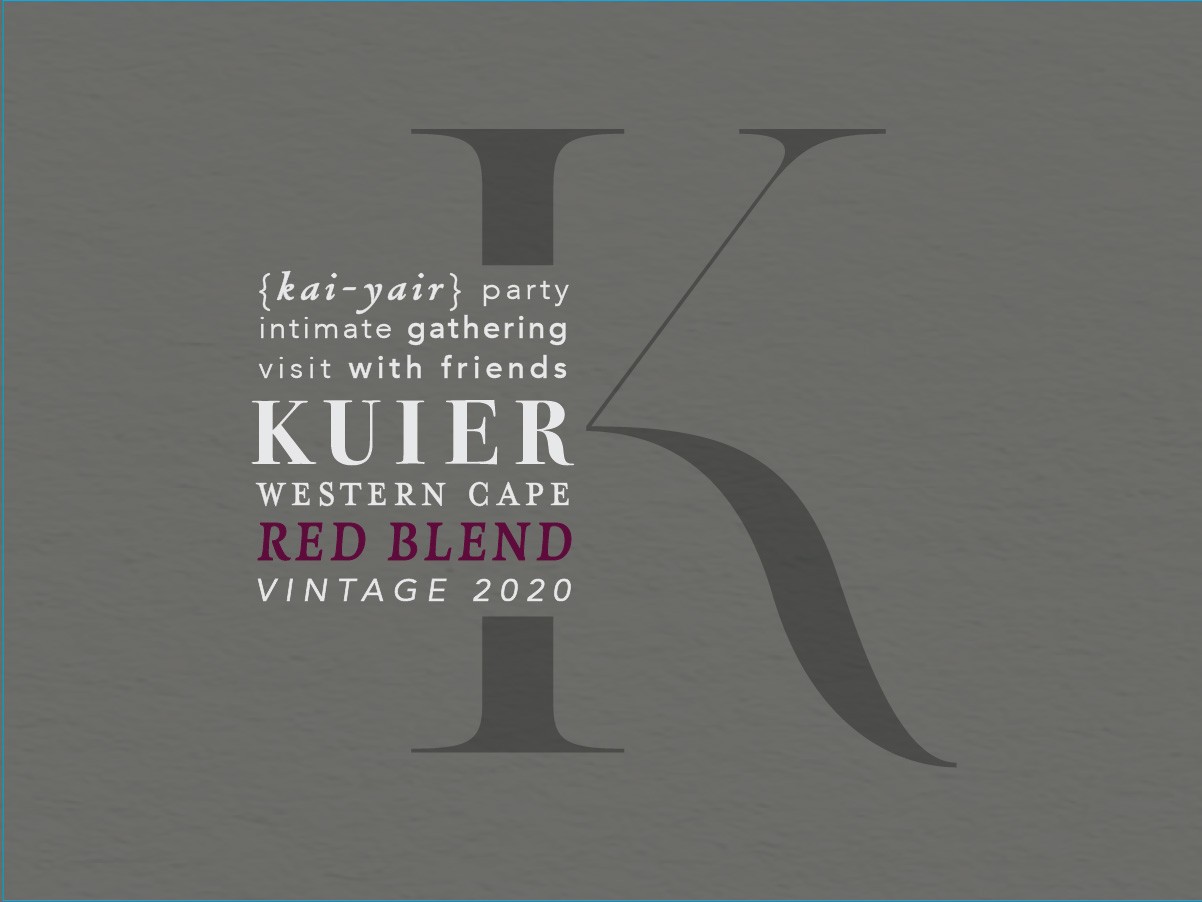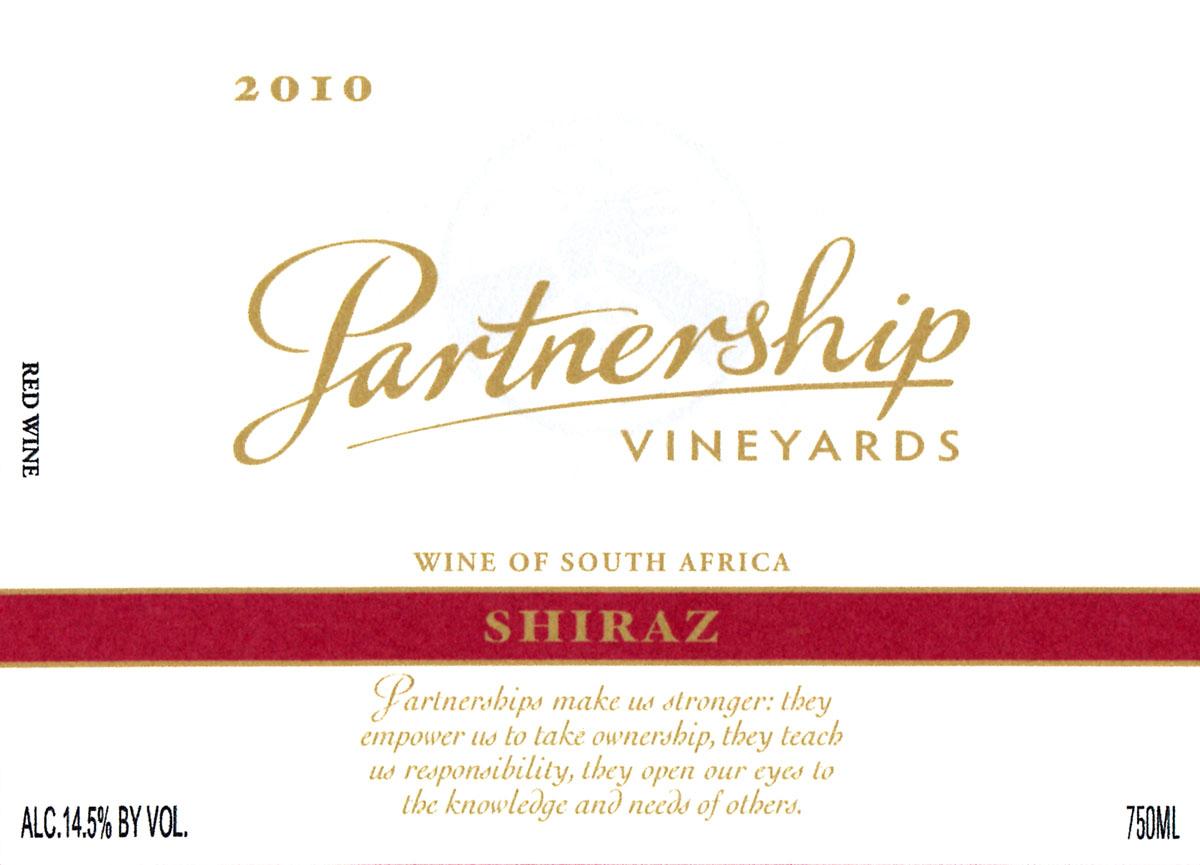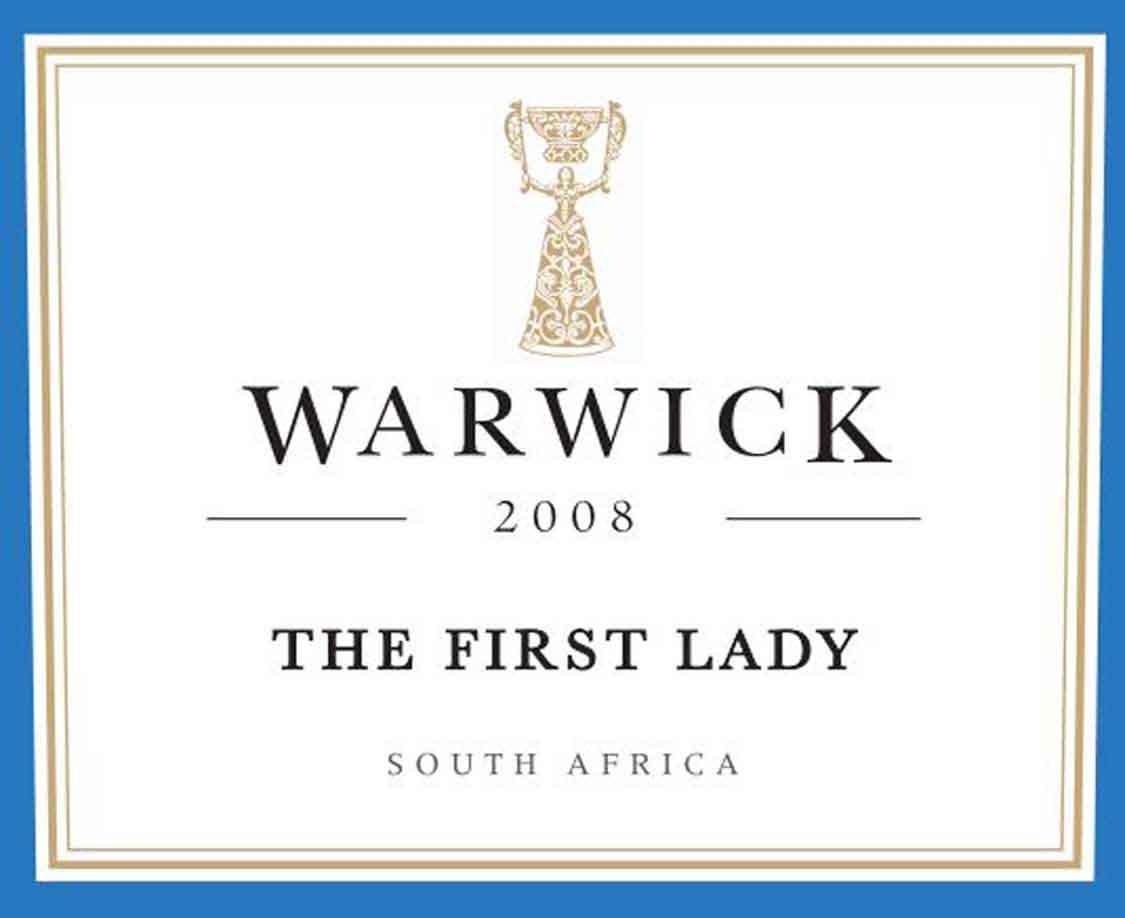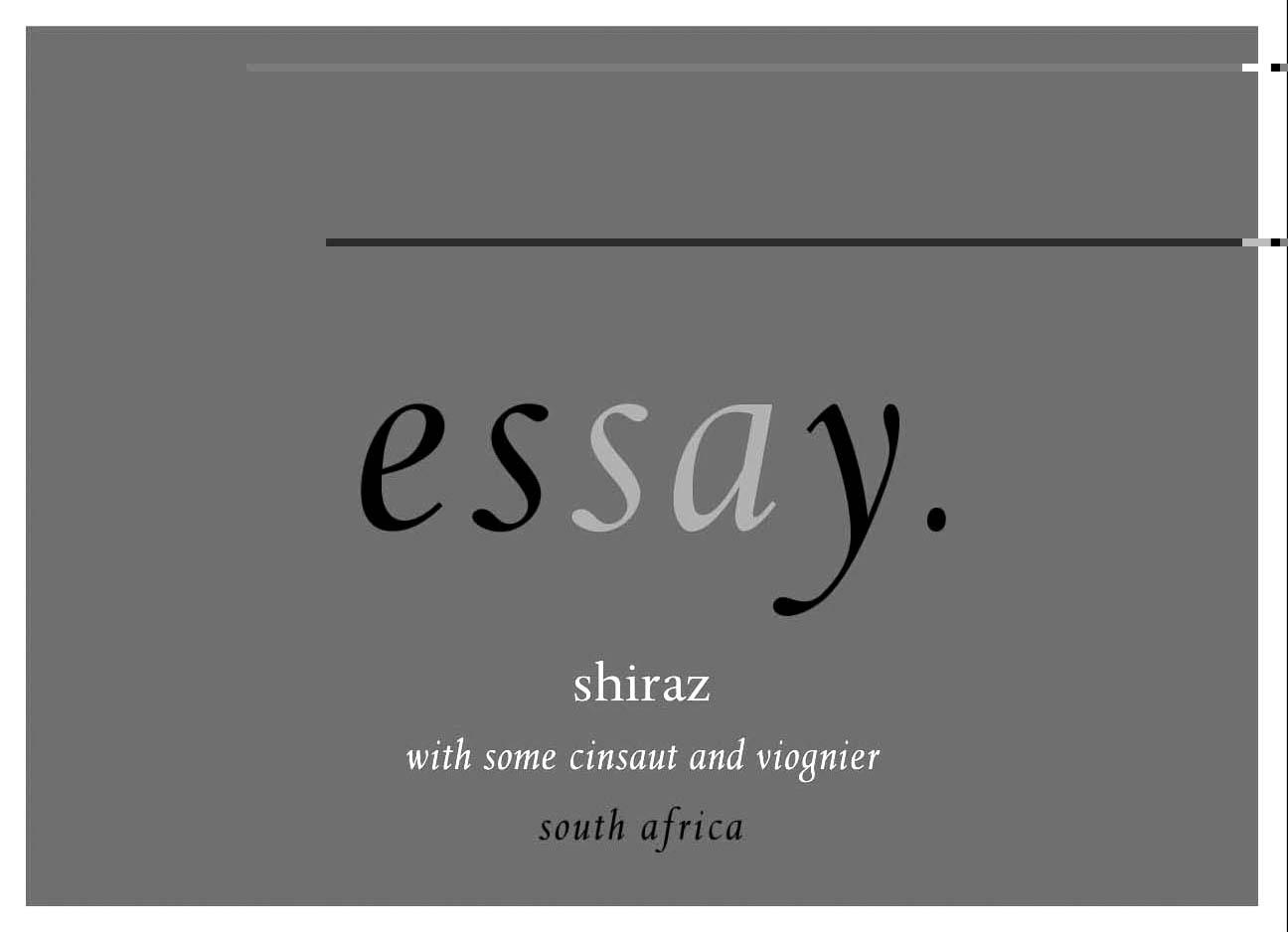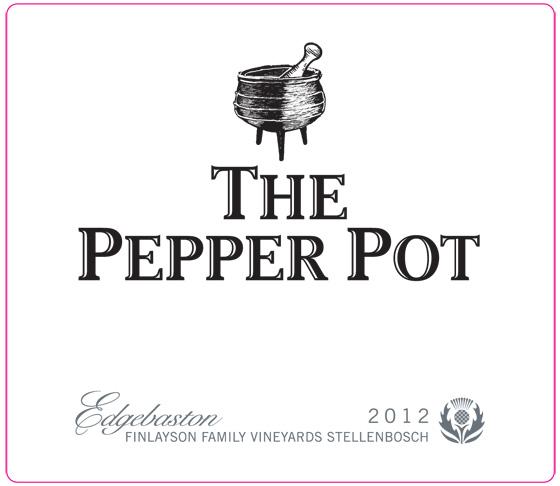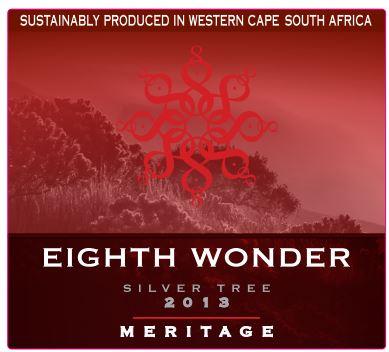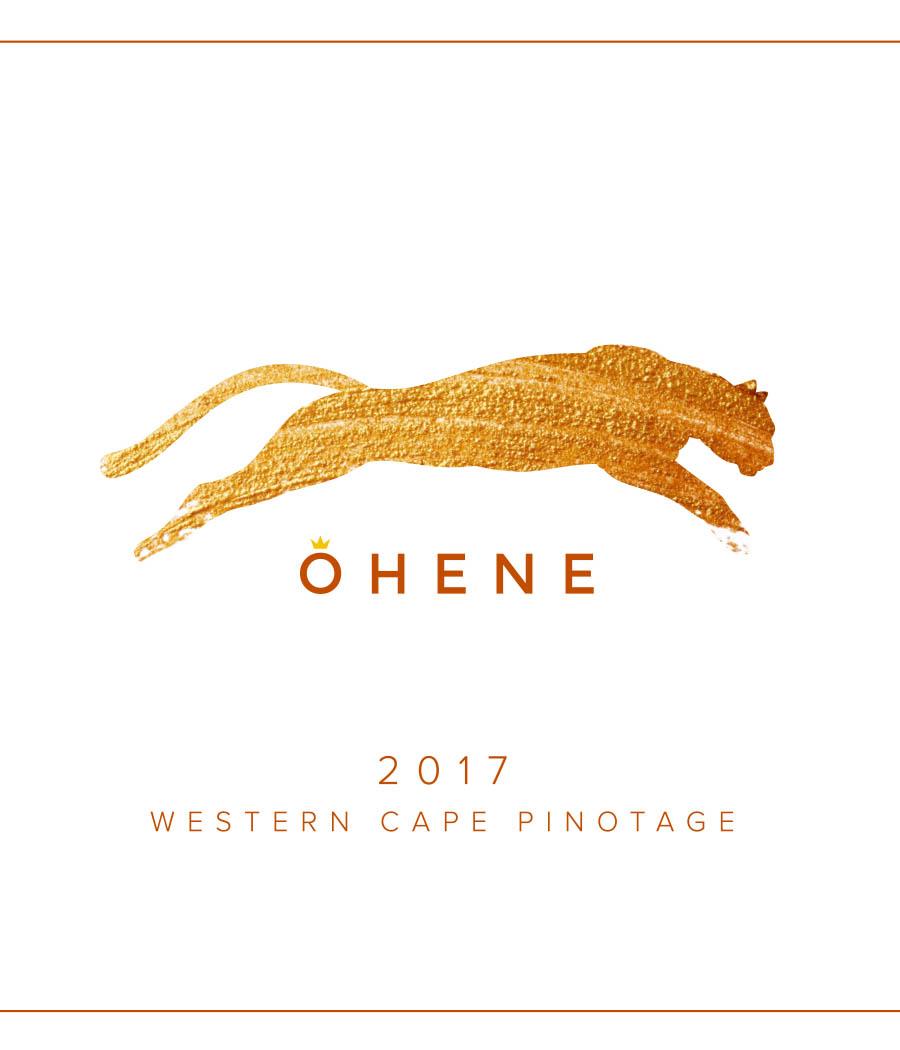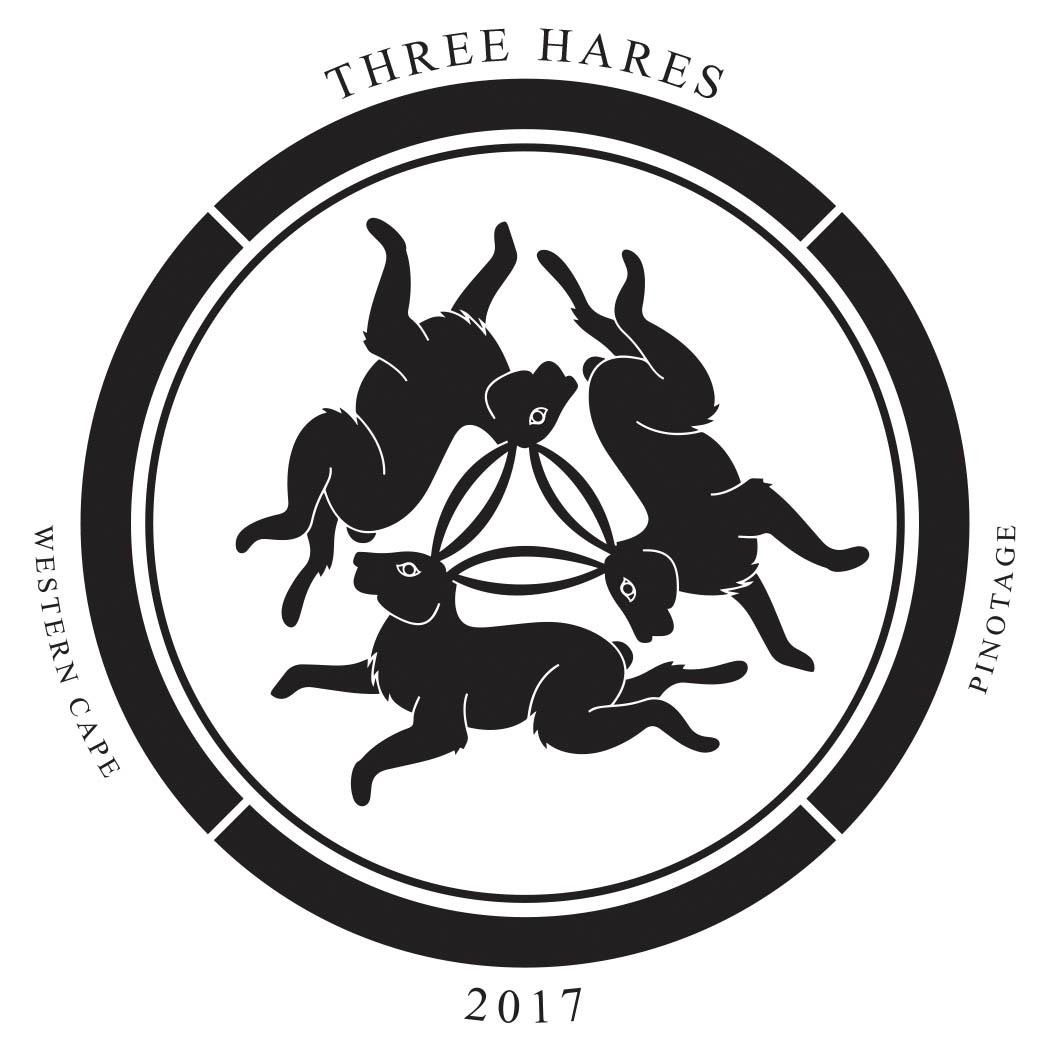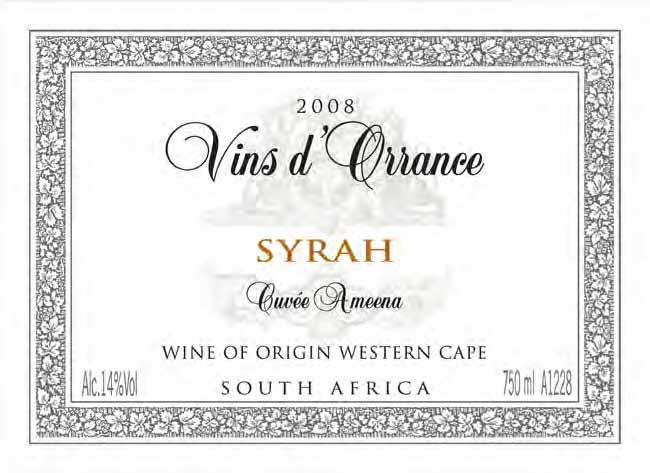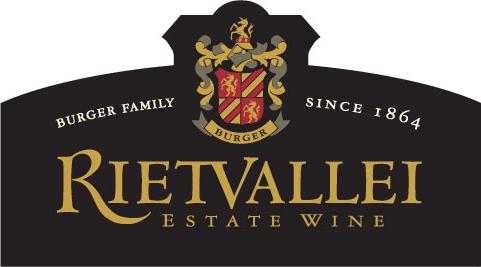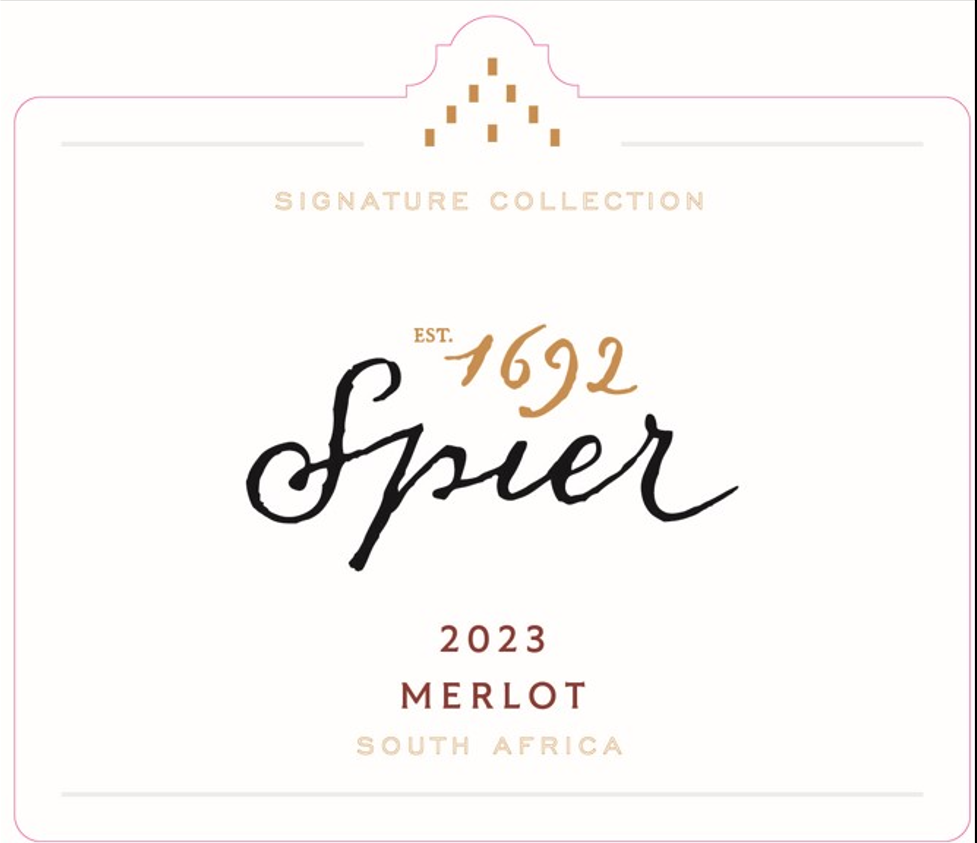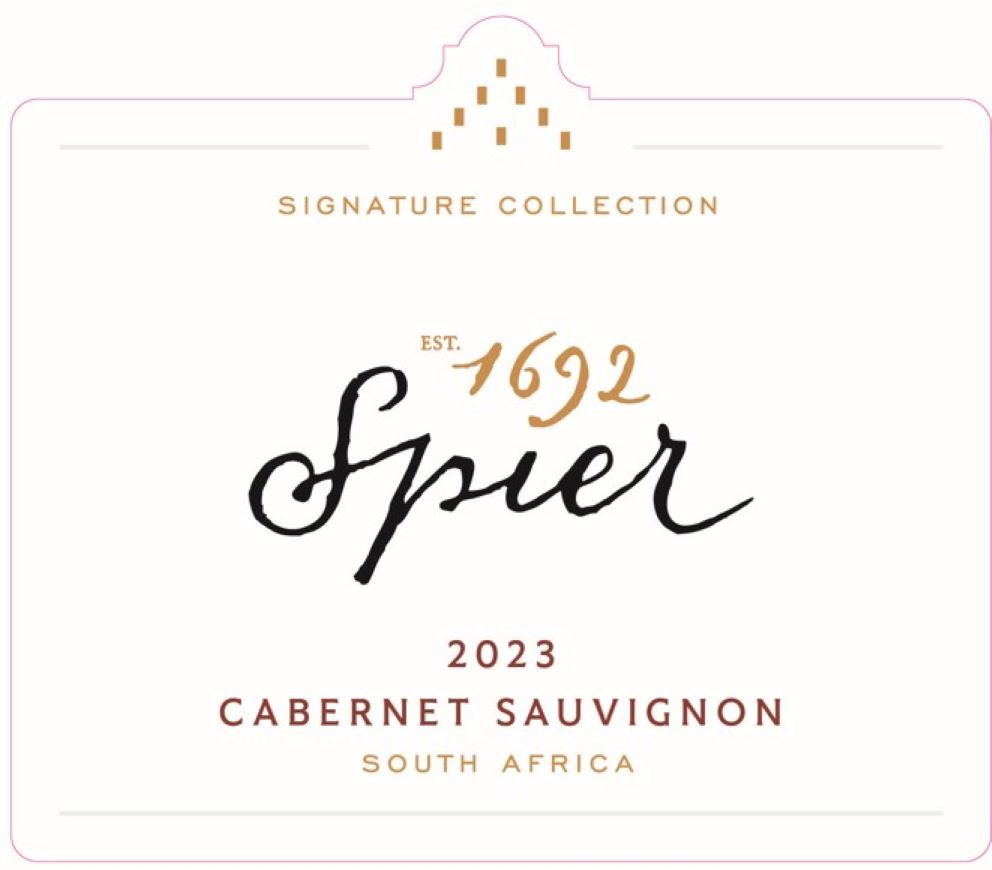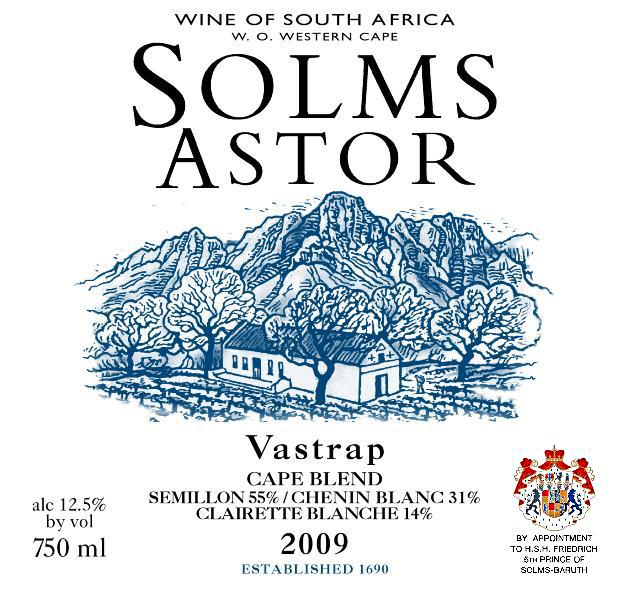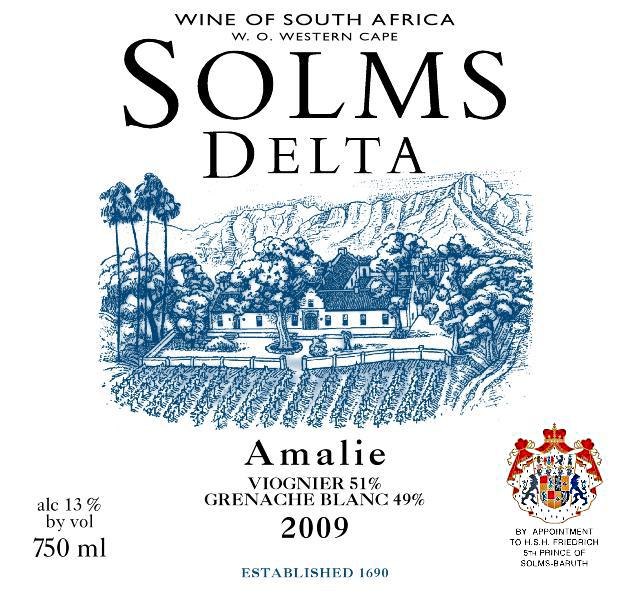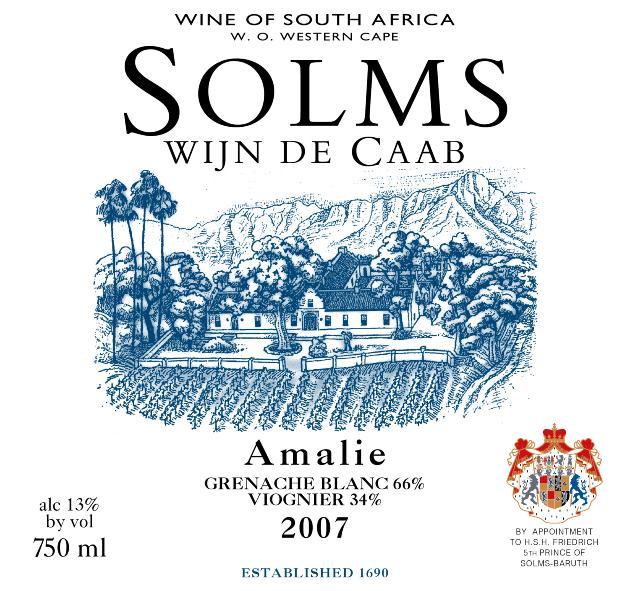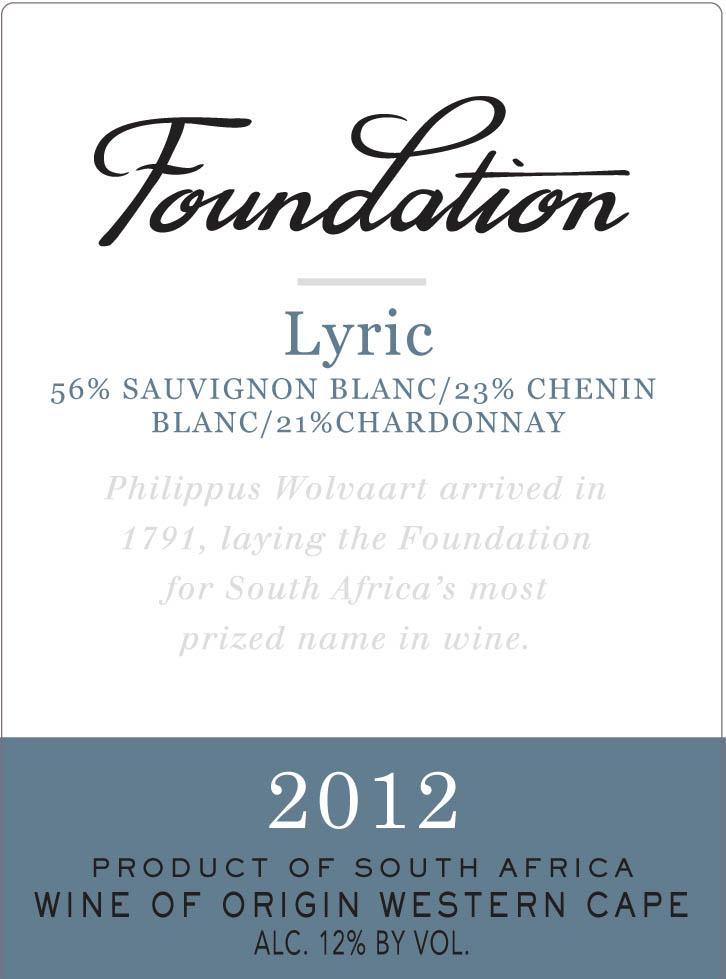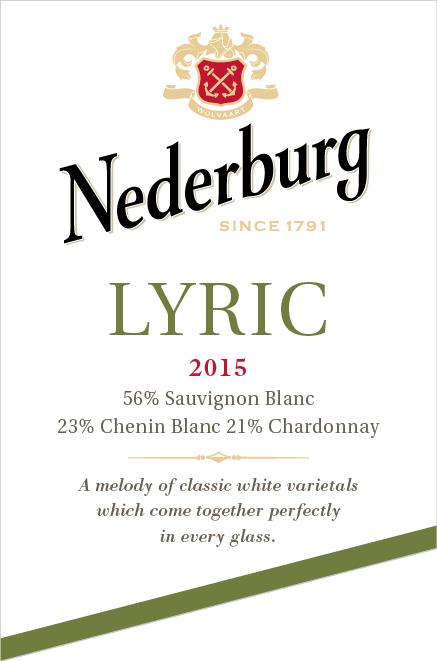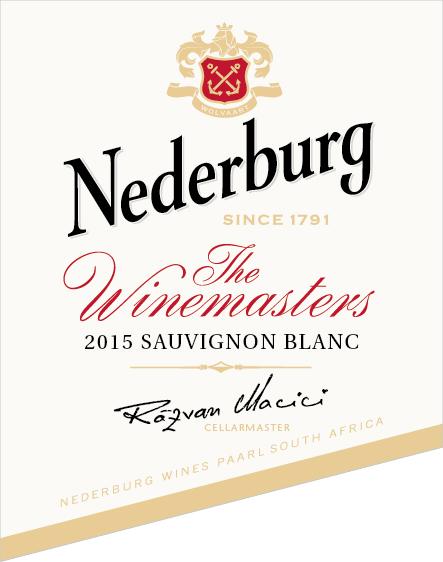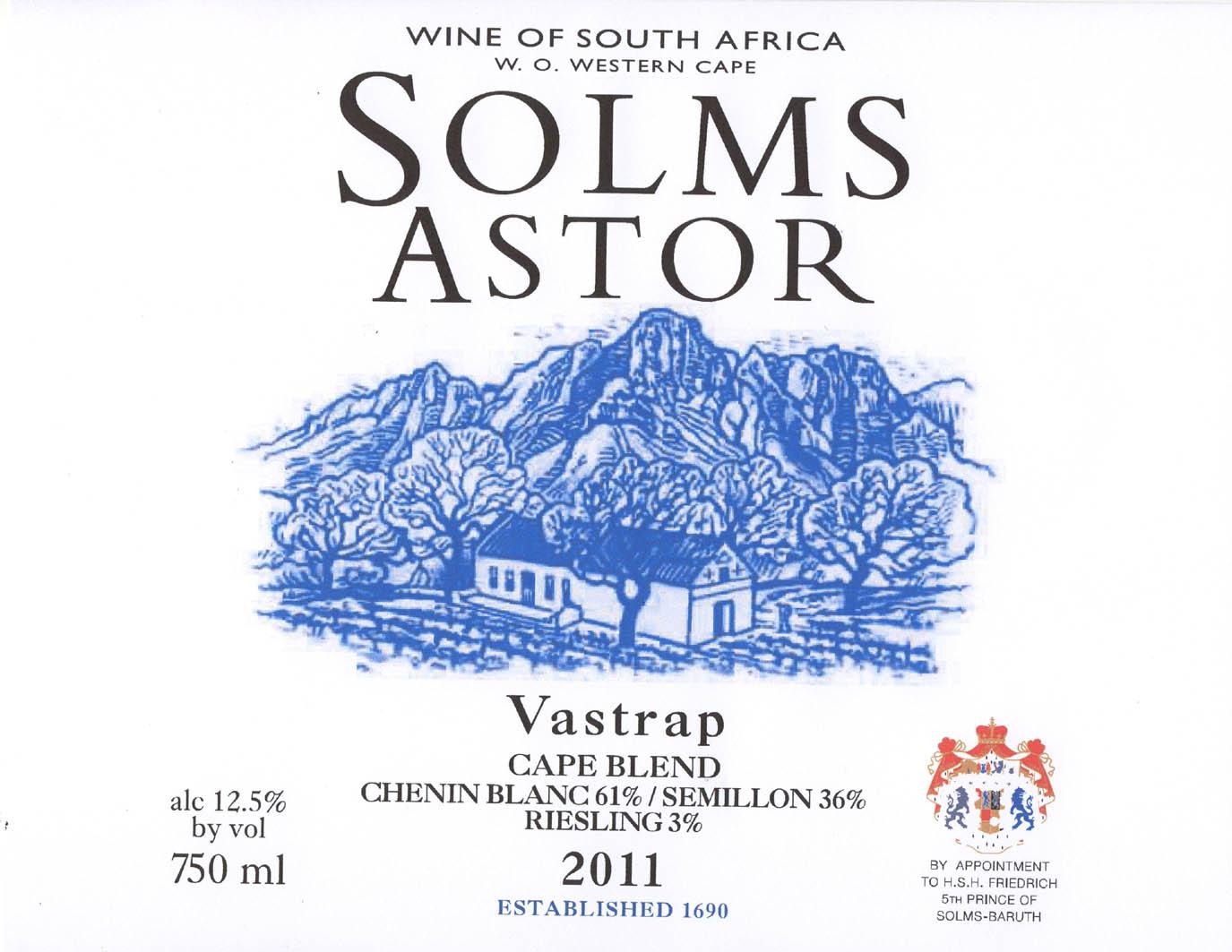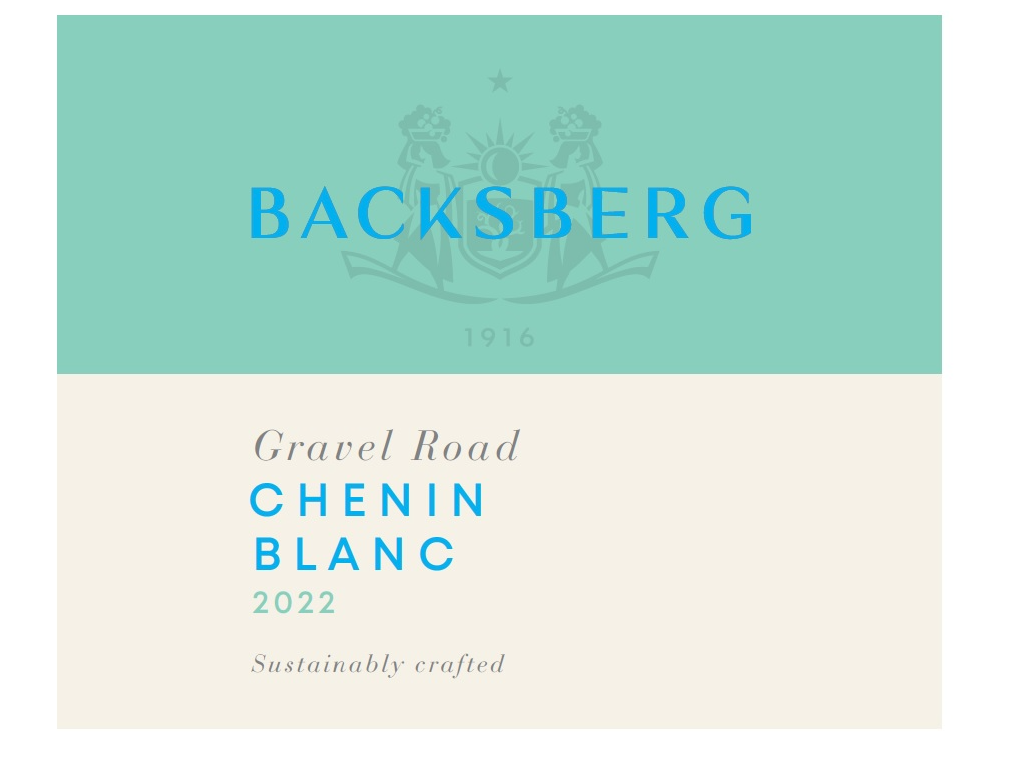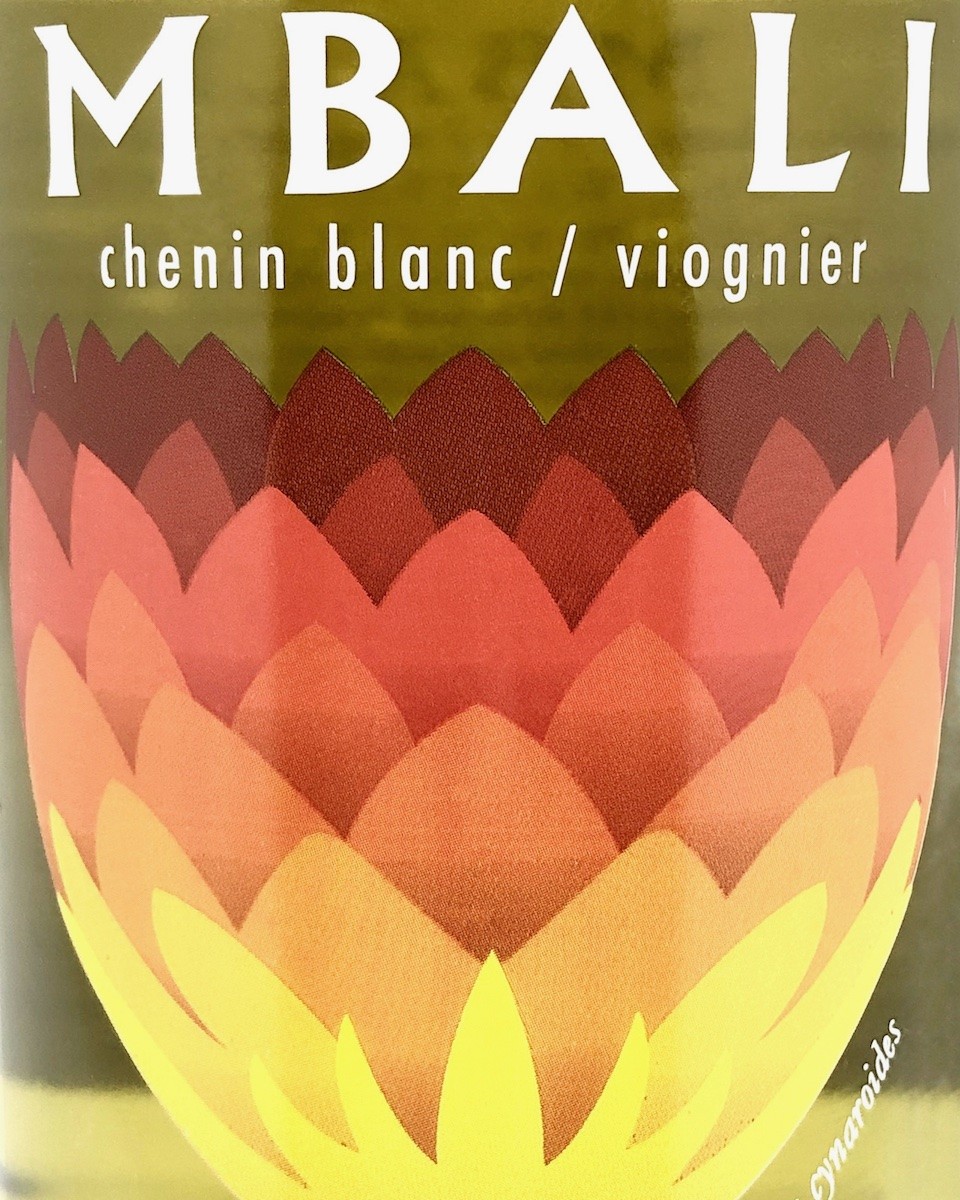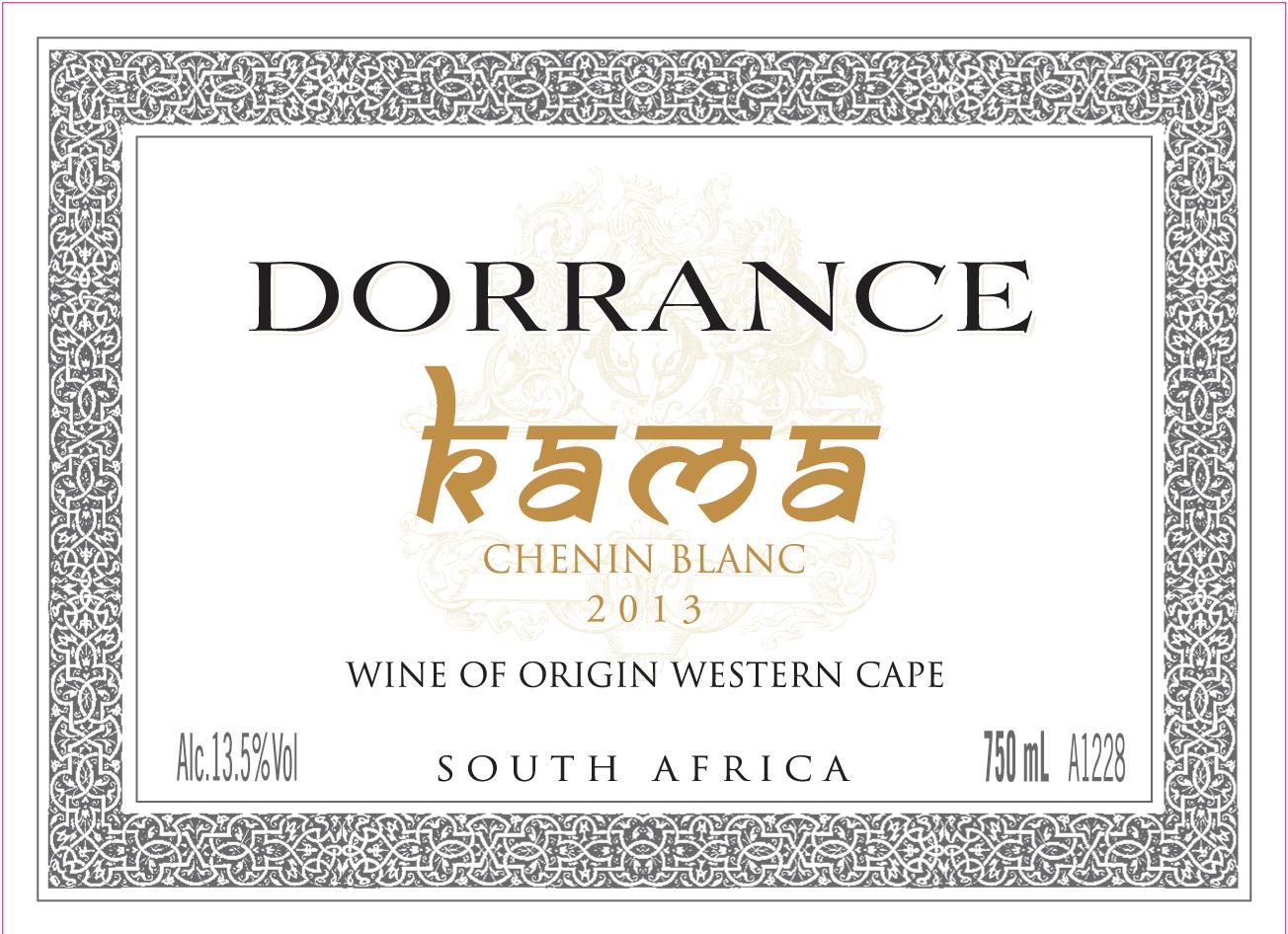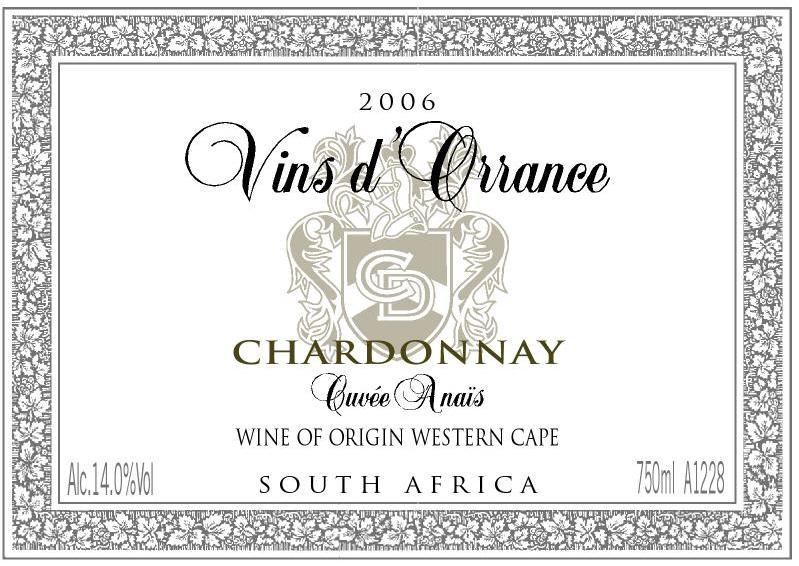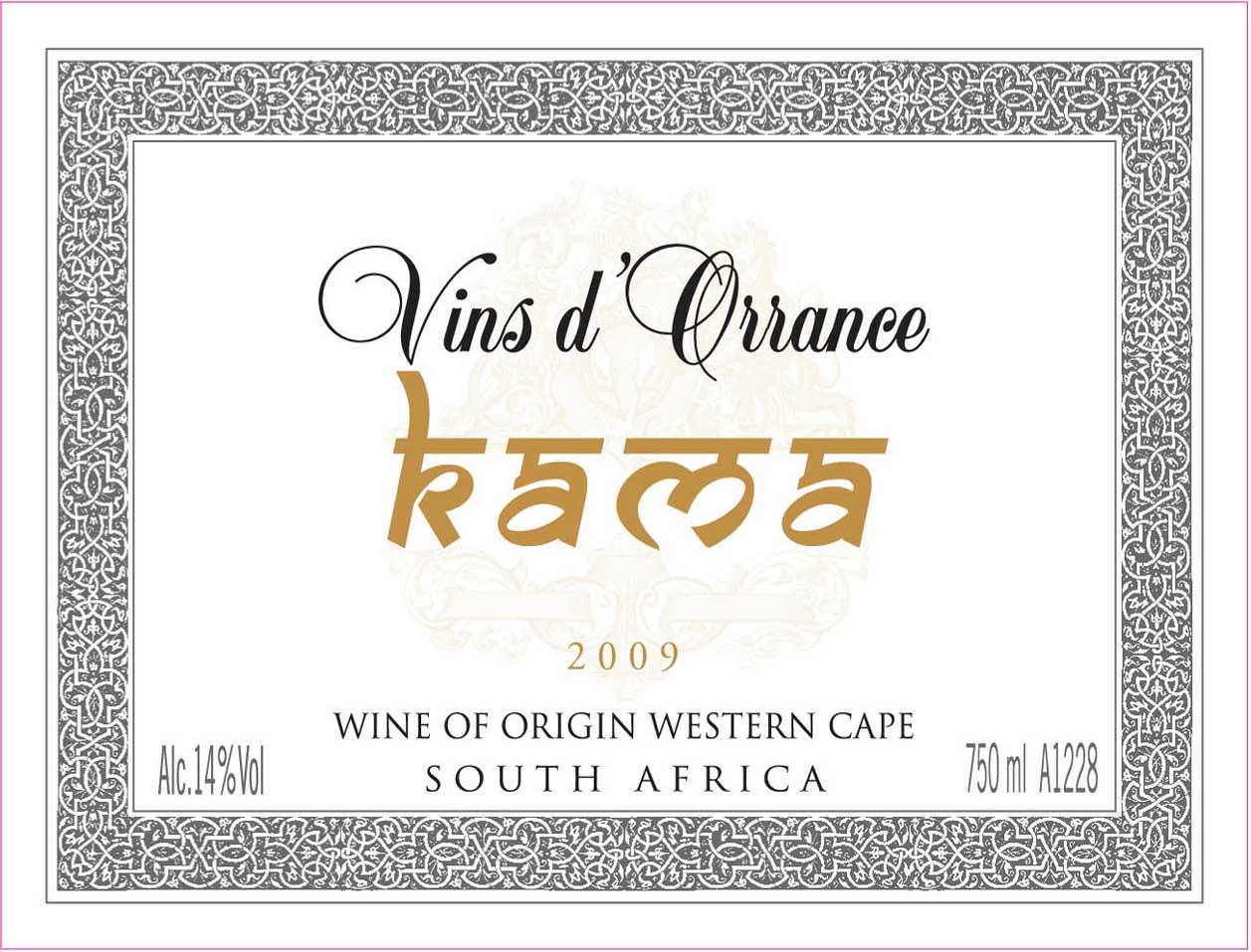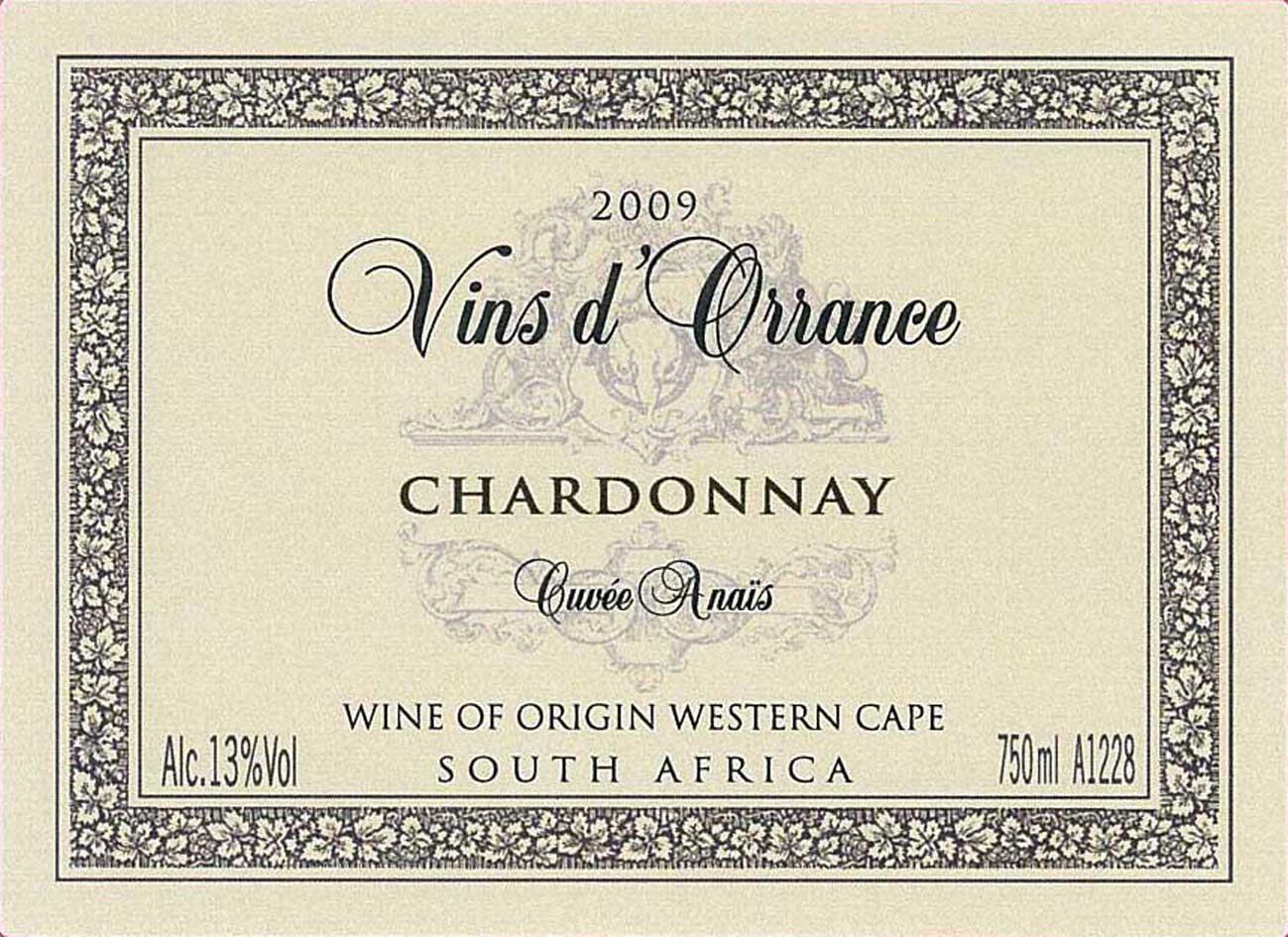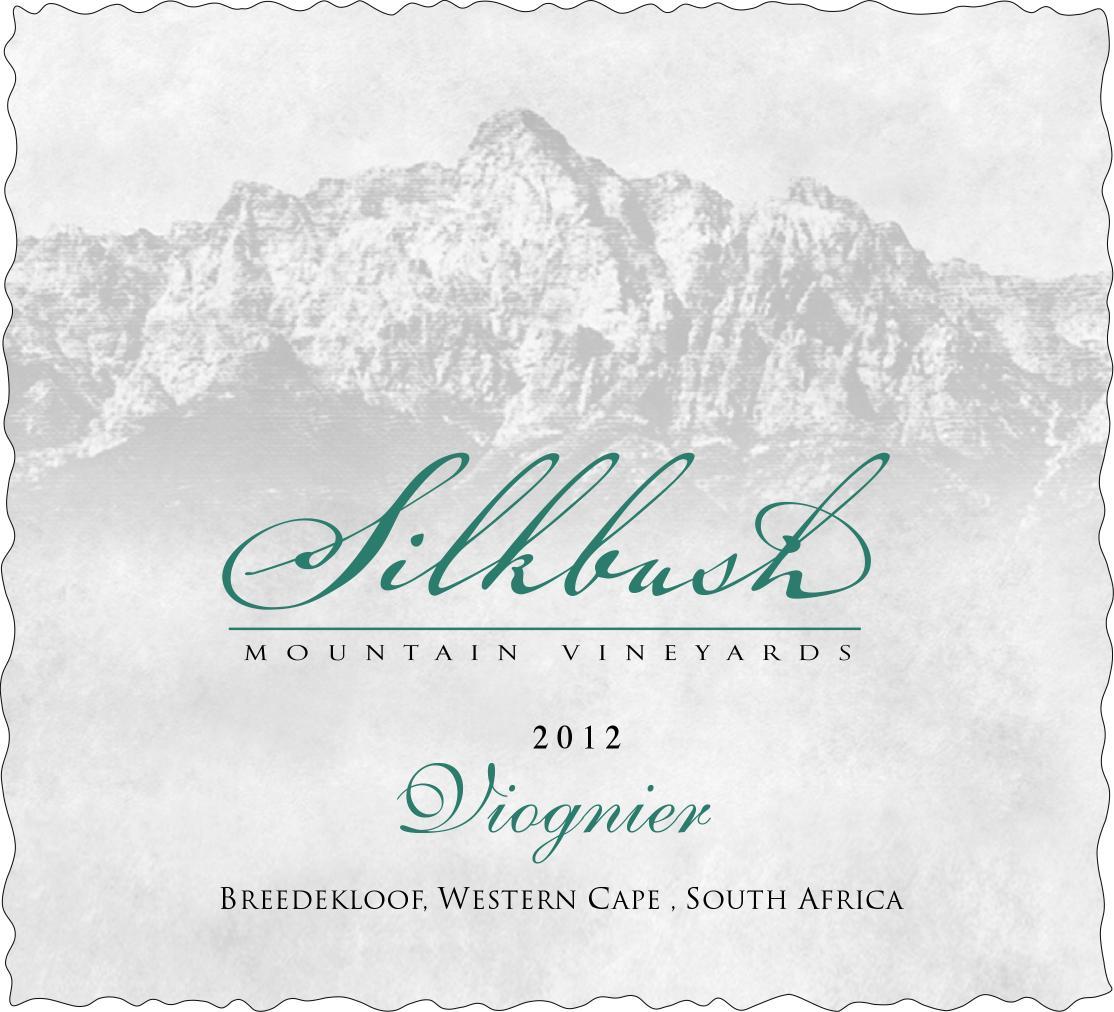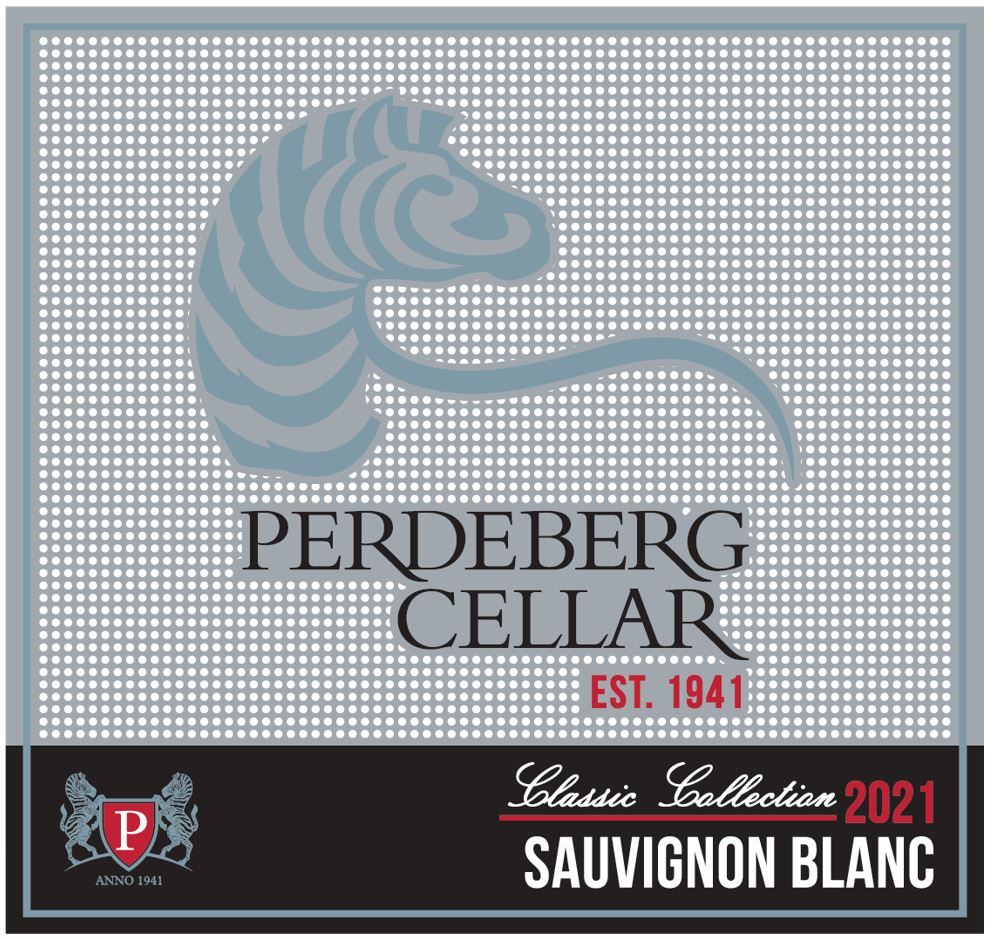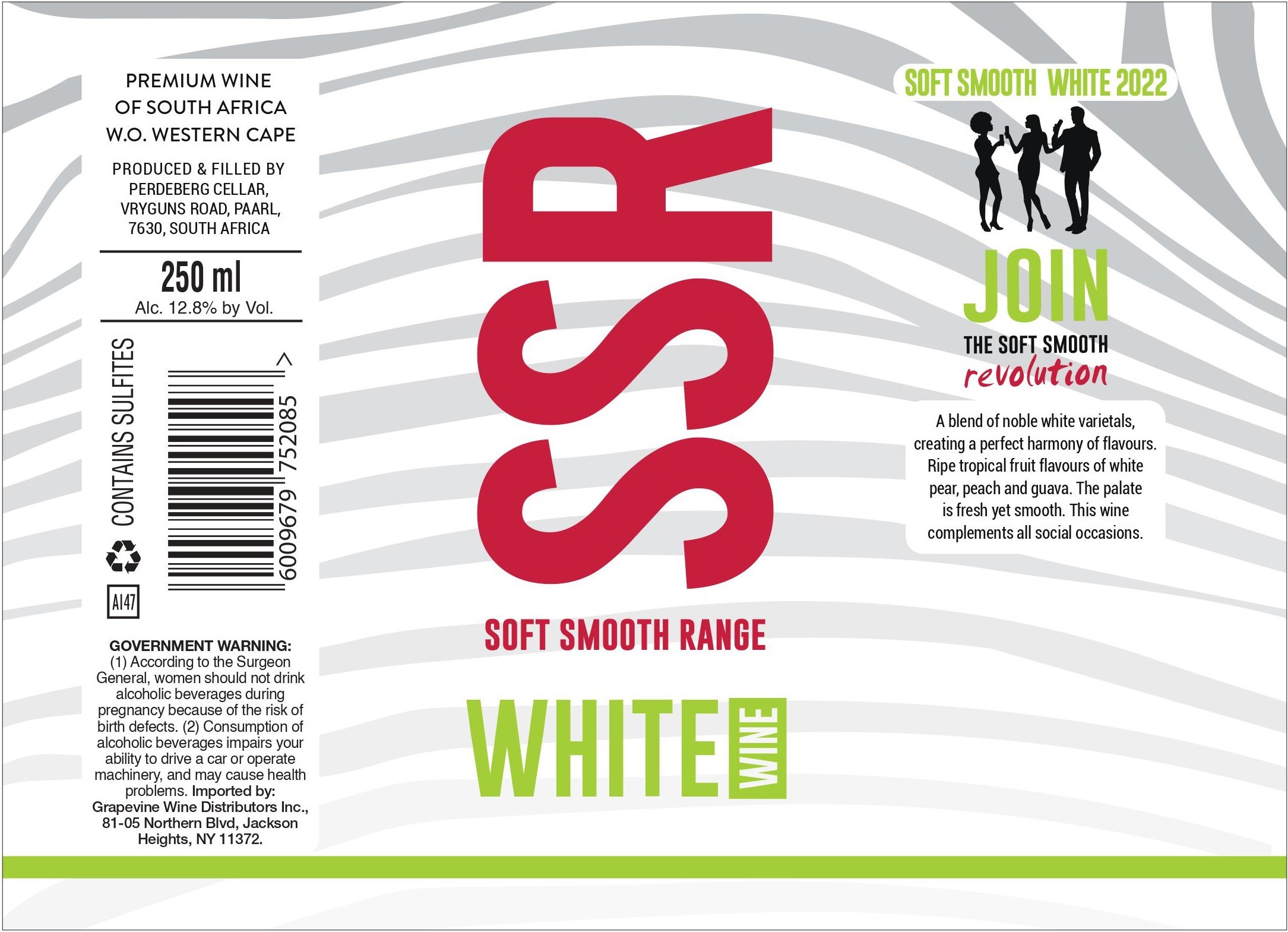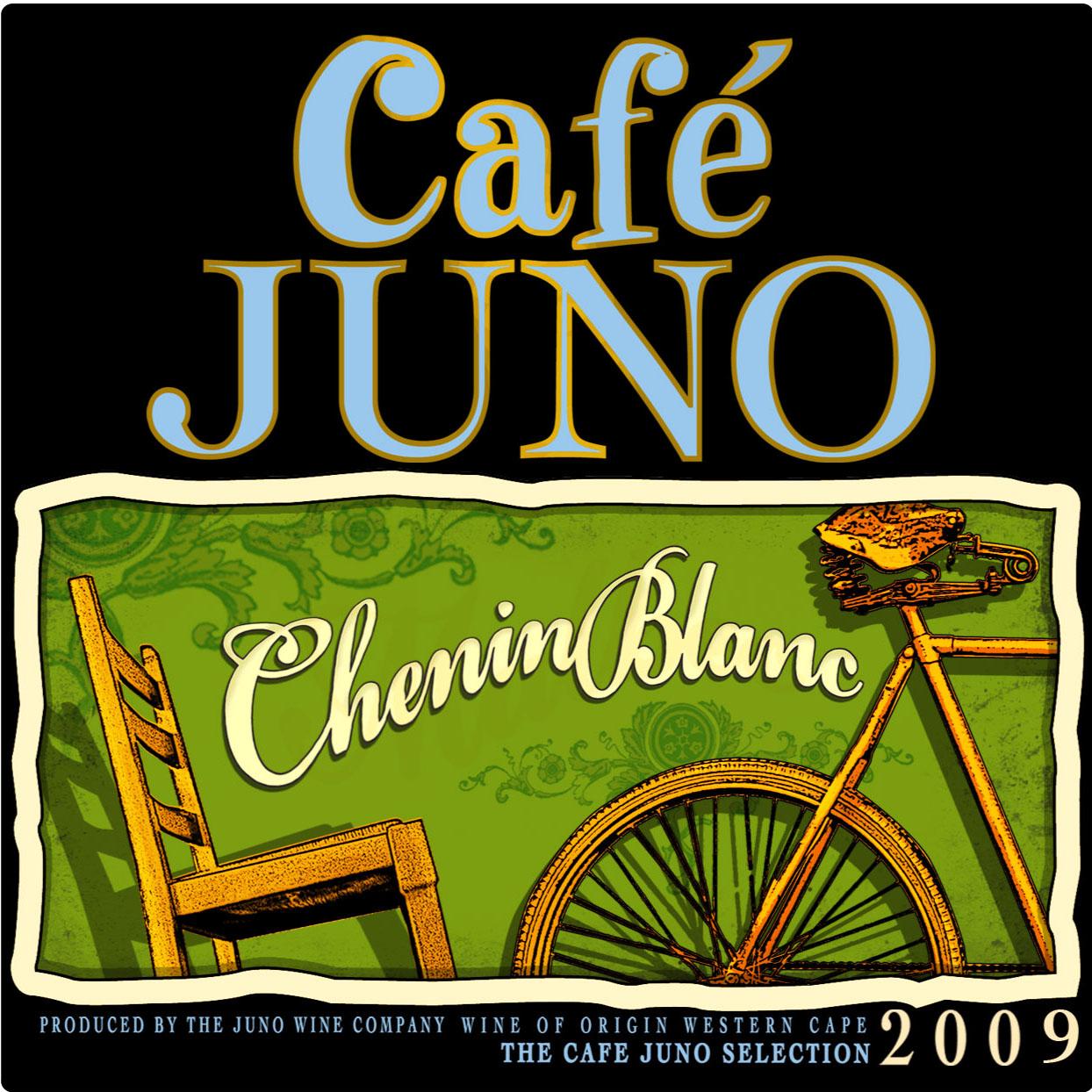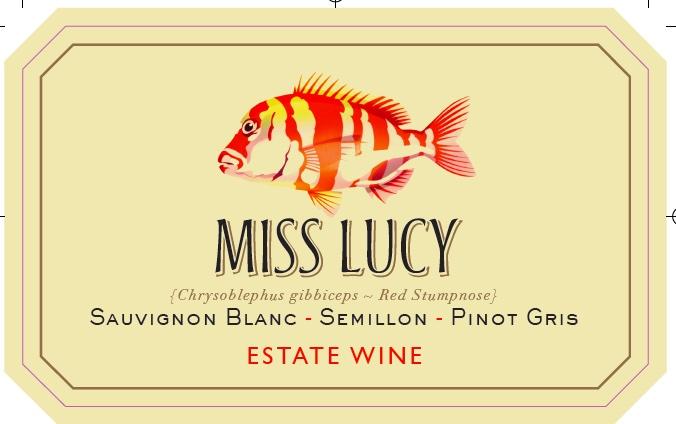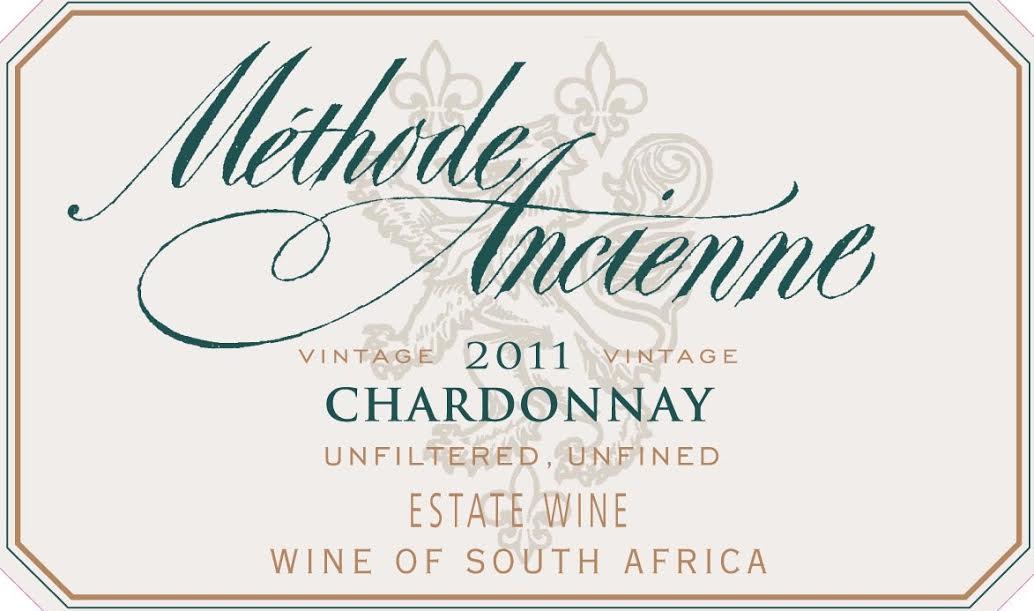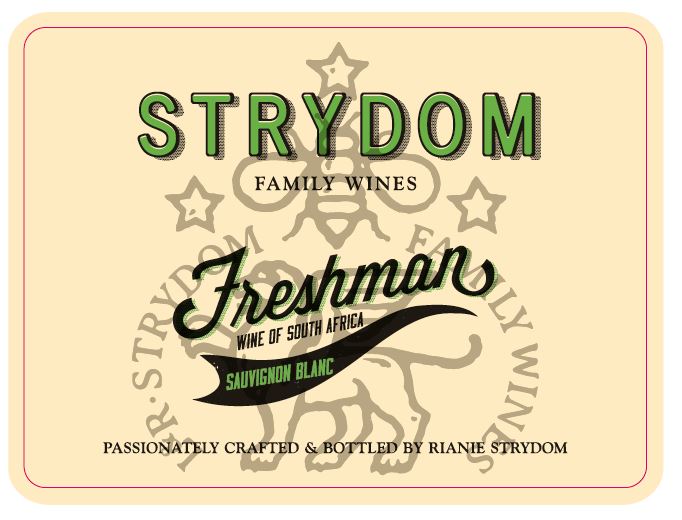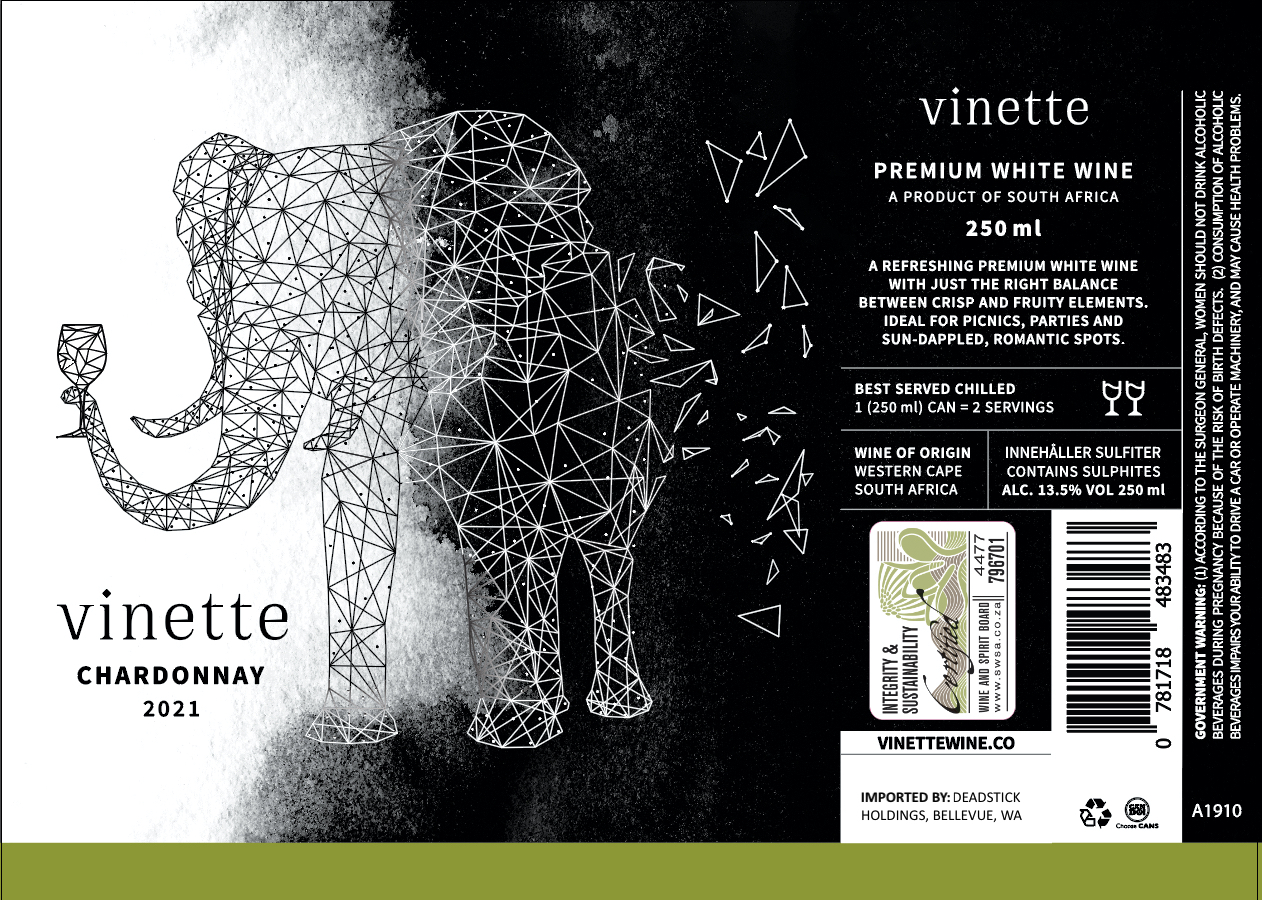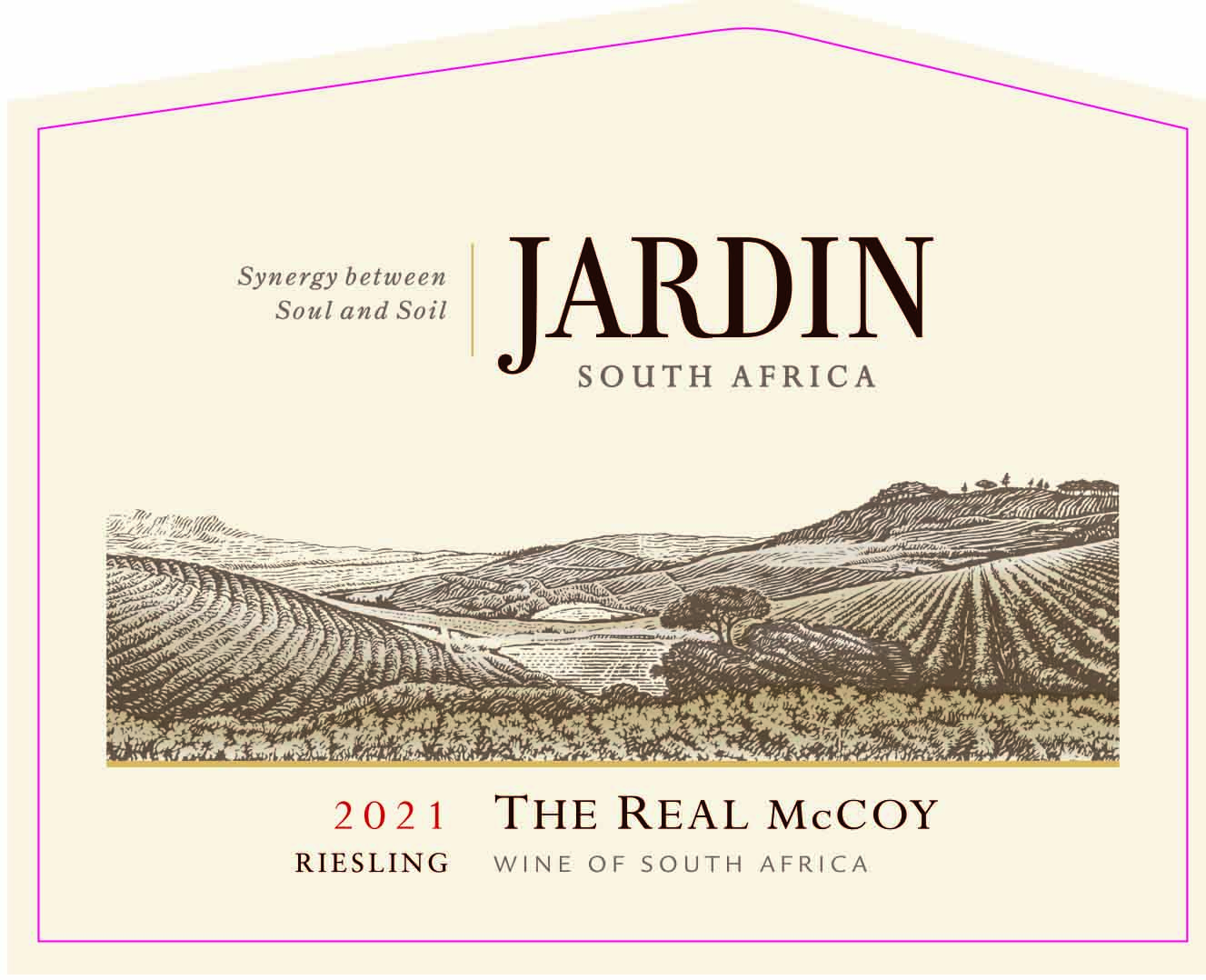Terroir of Western Cape
The Western Cape's distinct terroir is shaped by a Mediterranean climate, with warm, dry summers and cool, wet winters creating ideal conditions for growing grapes. Nearness to the coast brings cooling sea breezes, especially from the Cape Doctor wind, which helps control temperatures and reduce the risk of disease. The region's varied landscape, marked by ancient soils and striking mountains, results in a mix of mesoclimates. Coastal areas like Elgin and Constantia are cooler, favoring grapes with high acidity and aromatic qualities, while warmer inland regions like Robertson produce robust, full-bodied wines. The diverse geology—from granite and shale to limestone—adds complexity to the wines, making the Cape a treasure for both cool and warm-climate varieties. This unique blend of climate and terrain allows winemakers to create a broad range of styles, from crisp Sauvignon Blanc to spicy Shiraz, reflecting the region's rich tradition and innovative spirit.
Notable Wineries in Western Cape
The Western Cape, South Africa’s wine heartland, boasts iconic wineries that blend tradition with innovation. Here are a few notable estates:
-
Groot Constantia (Constantia): Established in 1685, this historic estate is famed for its Vin de Constance, a sweet wine with a storied past.
-
Meerlust (Stellenbosch): Known for its Rubicon, a Bordeaux-style blend, this family-run estate dates back to 1756.
-
Kanonkop (Stellenbosch): Celebrated for Pinotage, this estate is referred to as “South Africa’s First Growth.”
-
Sadie Family Wines (Swartland): A modern pioneer, this winery excels with its Syrah-led Columella blend.
-
Hamilton Russell Vineyards (Hemel-en-Aarde Valley): Renowned for elegant Pinot Noir and Chardonnay, showcasing cool-climate terroir.
Sustainable Winemaking in Western Cape
The Western Cape's wine industry prioritizes sustainability, safeguarding the unique Cape Floral Kingdom, a global biodiversity hotspot. The Integrated Production of Wine (IPW) program, launched over two decades ago, ensures eco-friendly practices, with over 95% of vineyards adhering to its guidelines. These practices include minimal chemical use, soil and water conservation, and the preservation of natural vegetation.
Social sustainability is equally emphasized, with initiatives uplifting historically disadvantaged communities. Programs like Fairtrade certification and worker co-ownership support equitable labor conditions. Organic and biodynamic viticulture is also gaining traction, with wineries focusing on holistic soil health and biodiversity, underscoring the region's commitment to a sustainable future.
Wine Tourism in Western Cape
The Western Cape is a premier destination for wine tourism, offering a blend of scenic beauty and diverse wine experiences. With around 560 visitor-friendly wineries, the region provides rich opportunities for exploration.
The Stellenbosch Wine Route, South Africa’s inaugural wine route, features over 100 wineries, showcasing the area’s commitment to hospitality.
Visitors can enjoy a variety of activities, from wine and food pairings in Franschhoek to wildlife safaris at estates like Vergenoegd.
The unique biodiversity of the region is highlighted through eco-focused routes like the Green Mountain Eco Route.
Festivals abound, celebrating both traditional and innovative winemaking. These elements, combined with the region’s rich history and dedication to sustainability, make the Western Cape a must-visit for wine enthusiasts and casual travelers alike, offering an immersive experience into the art of wine and the beauty of South Africa.
